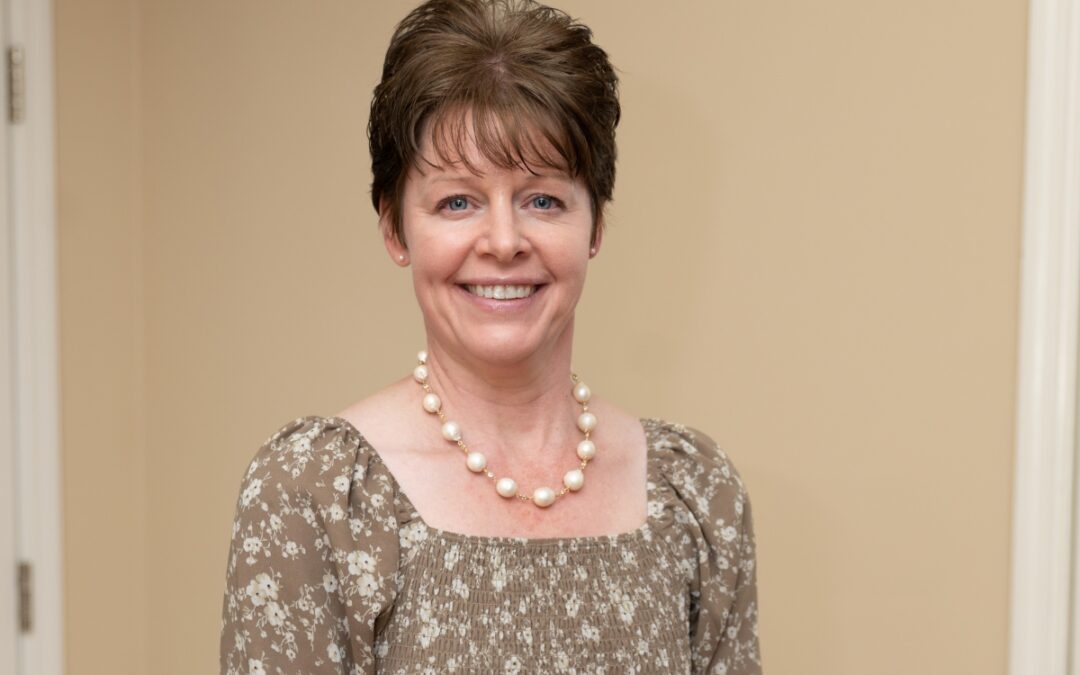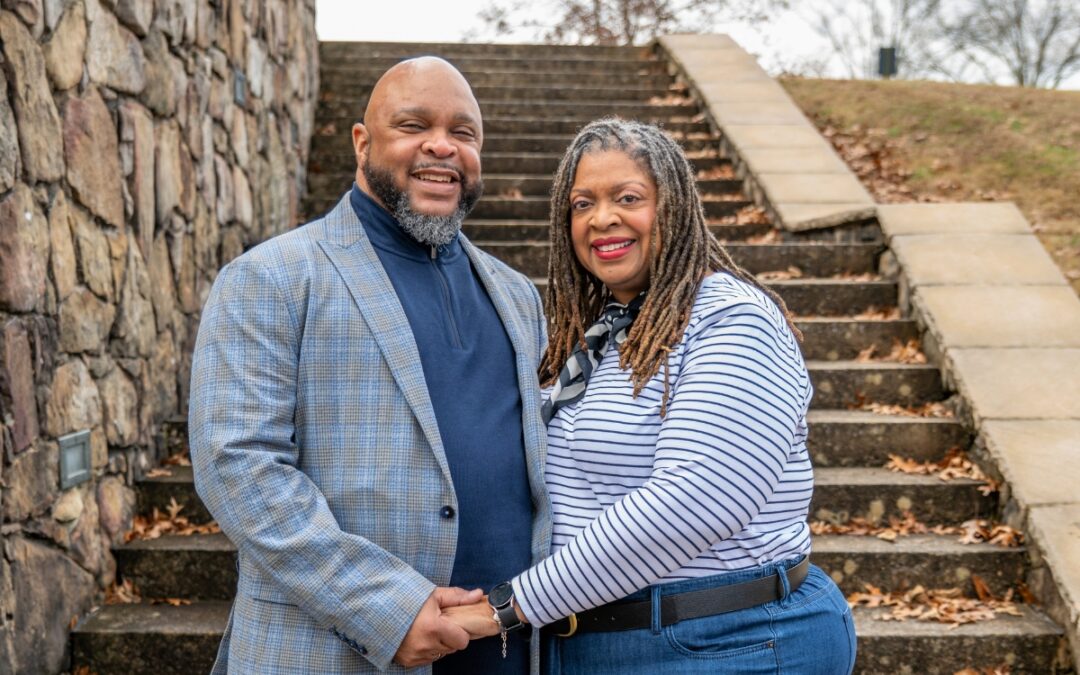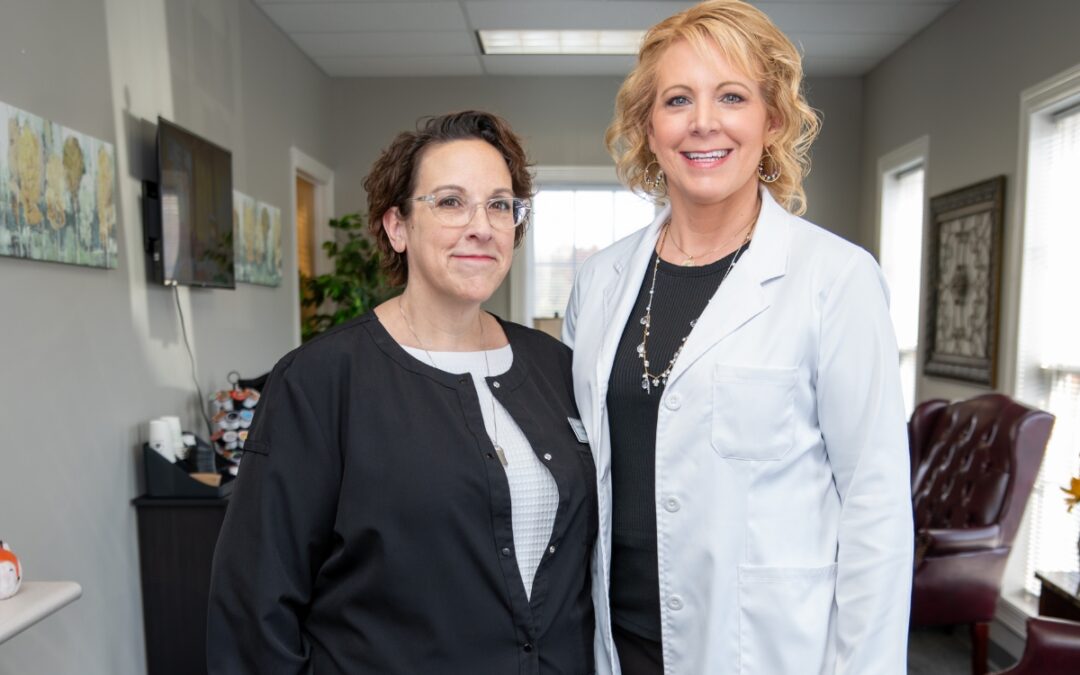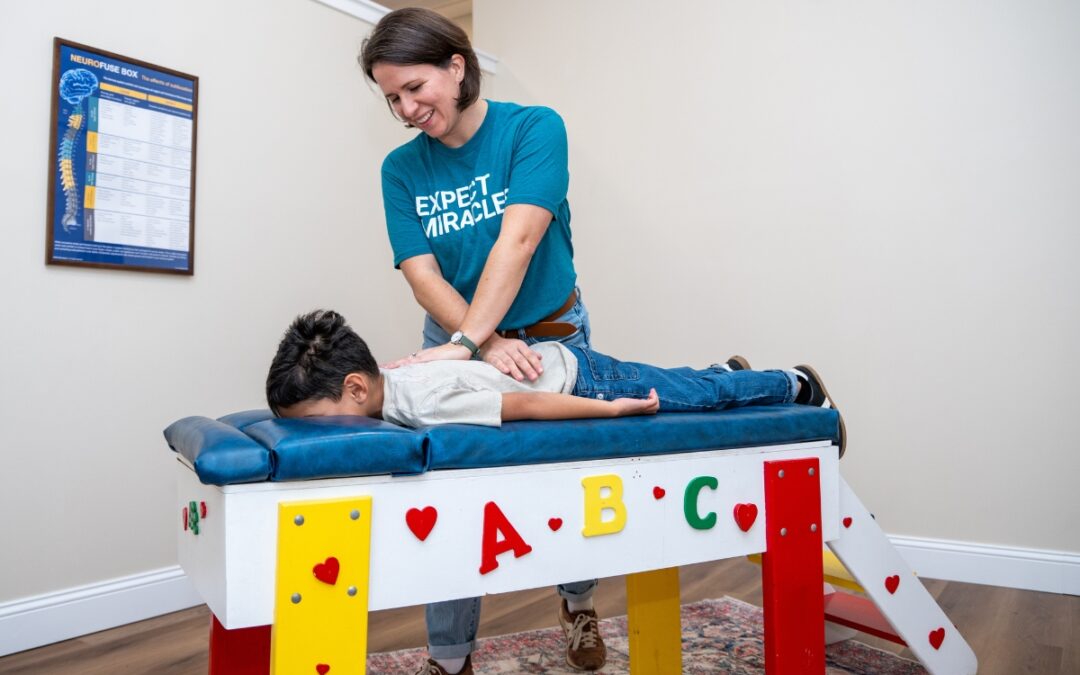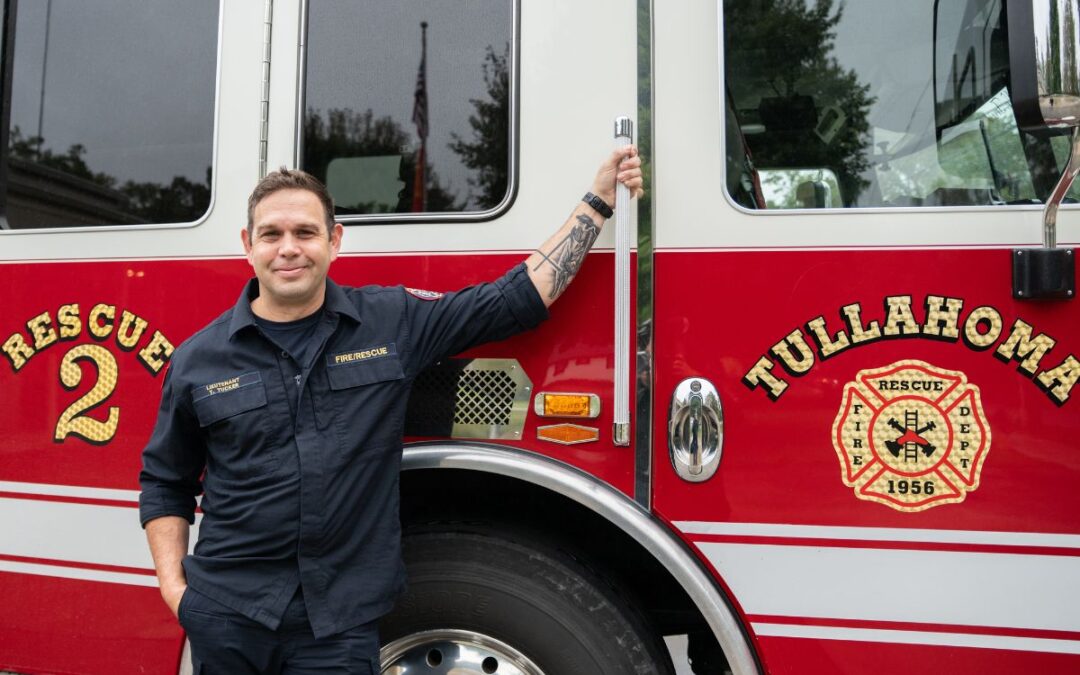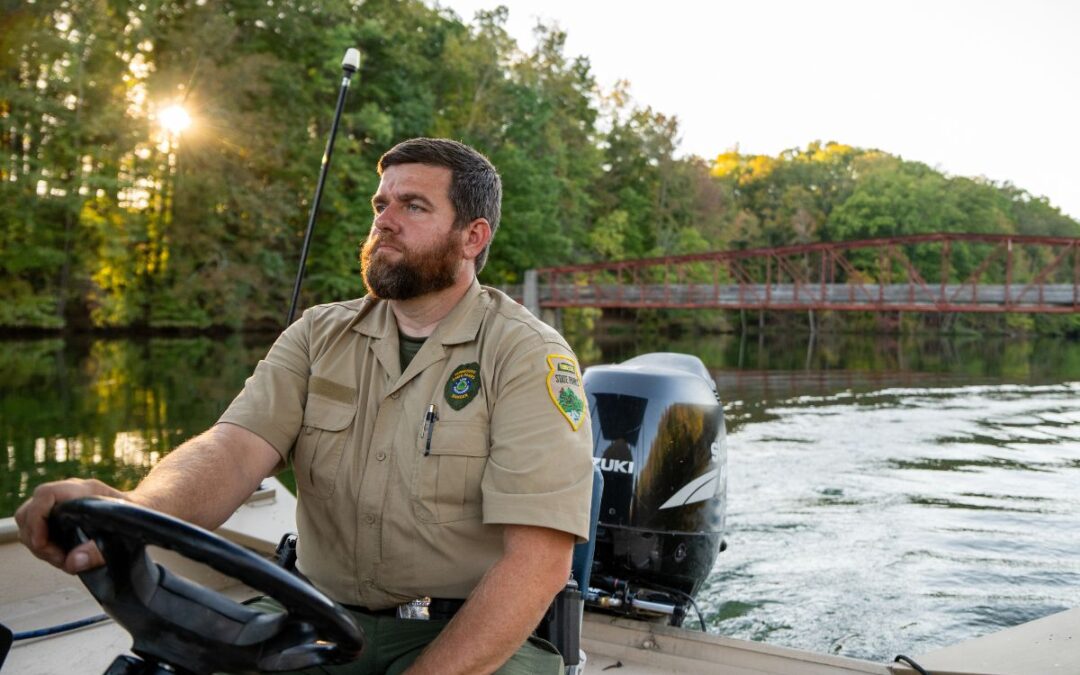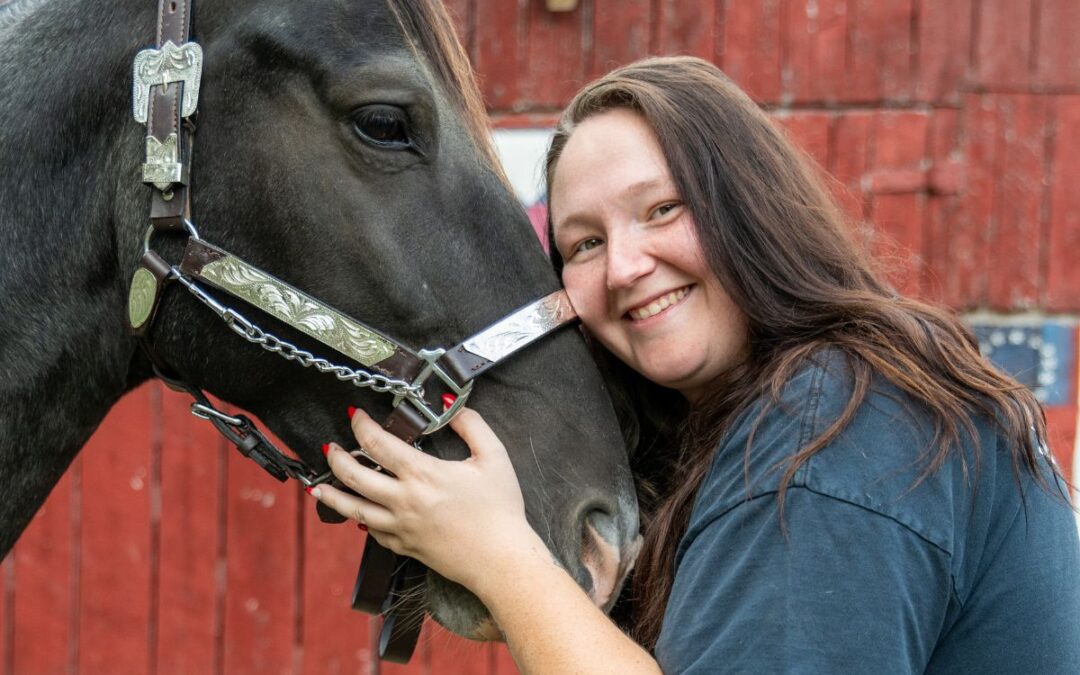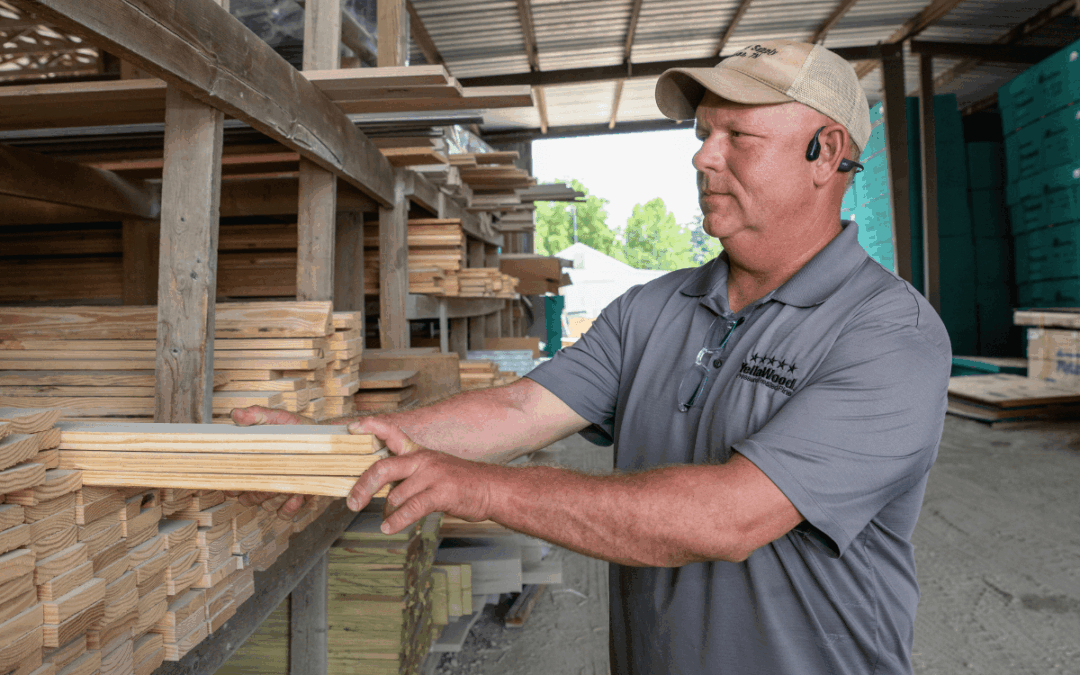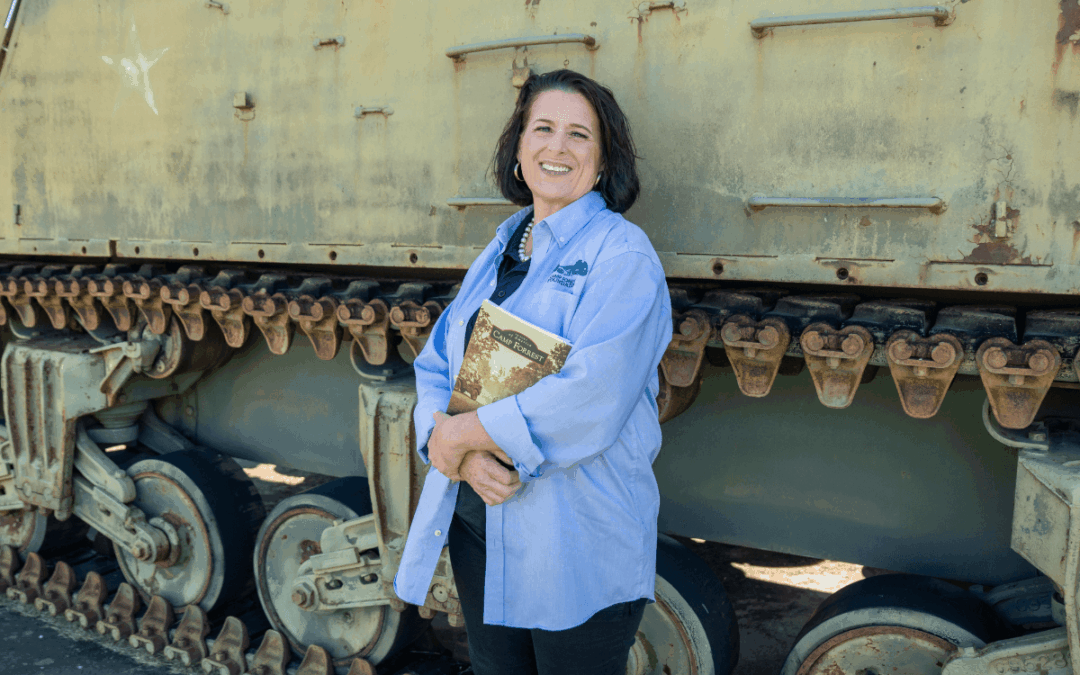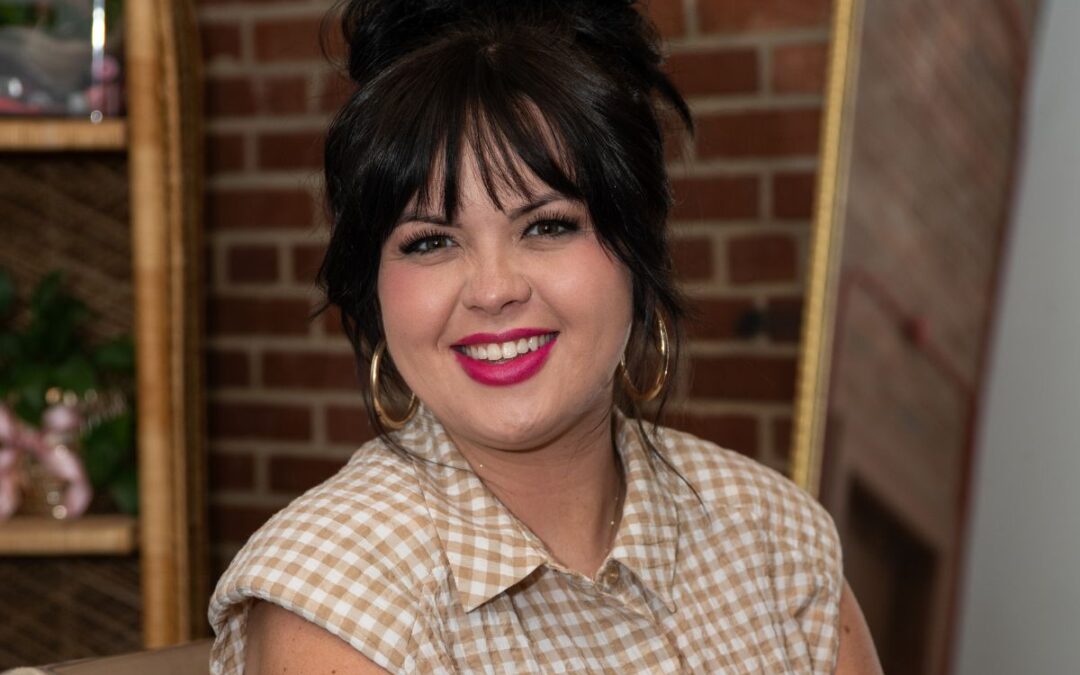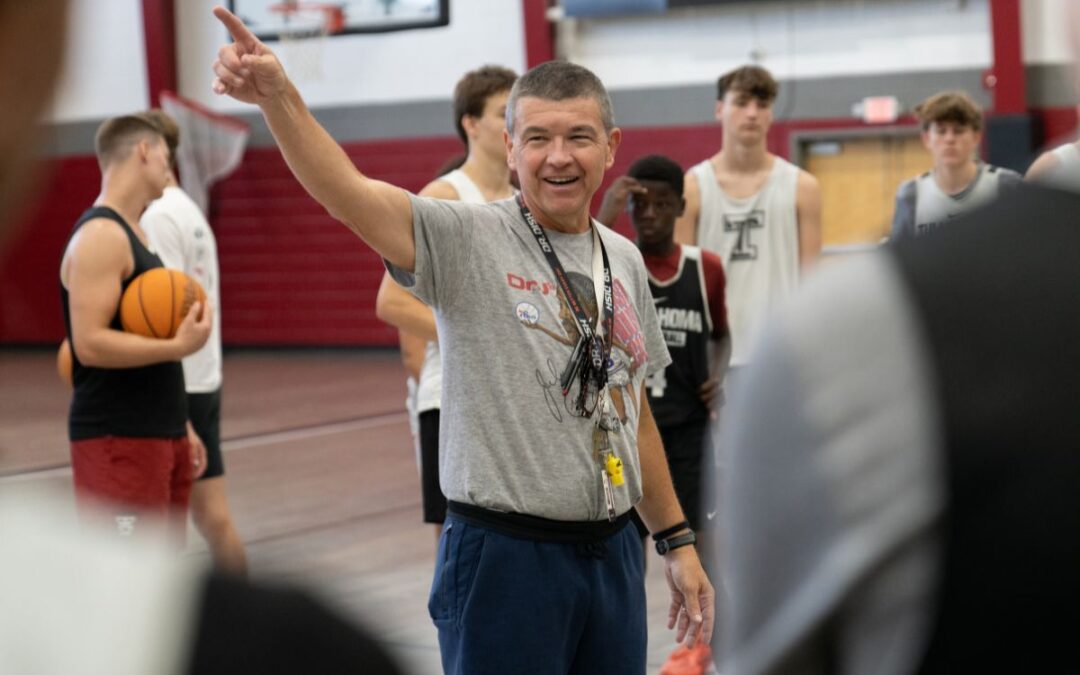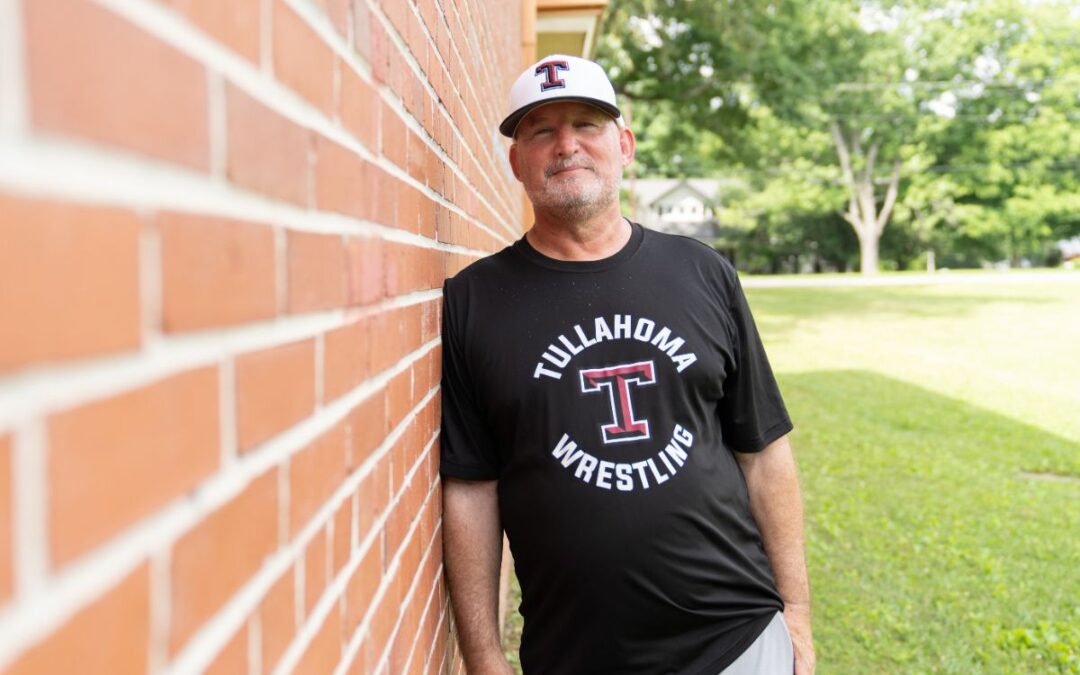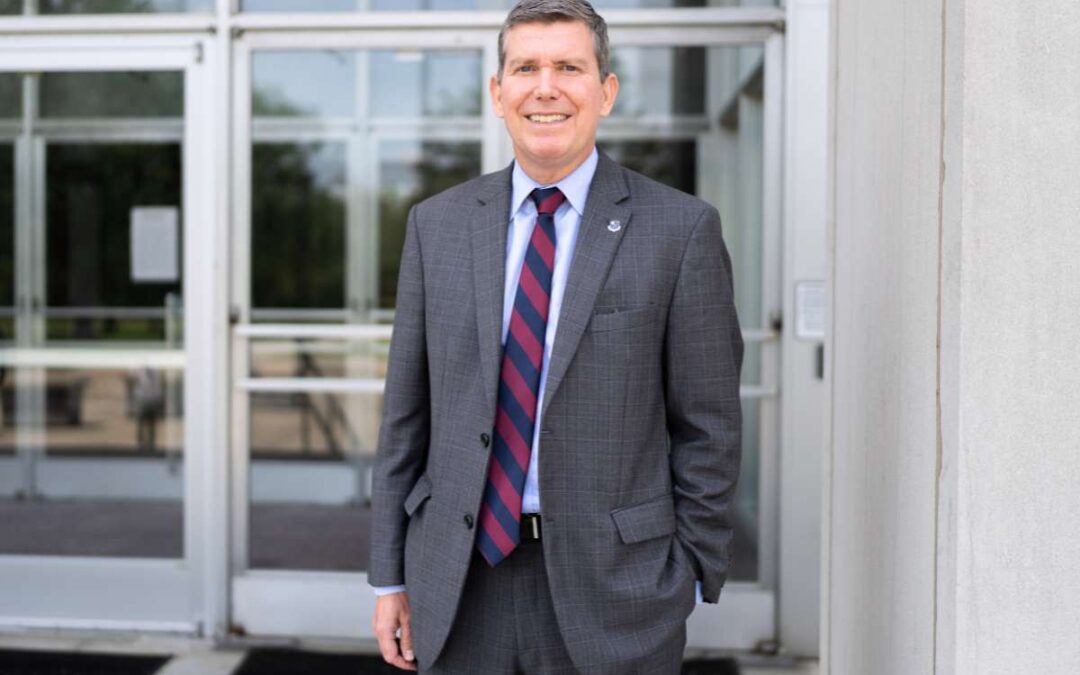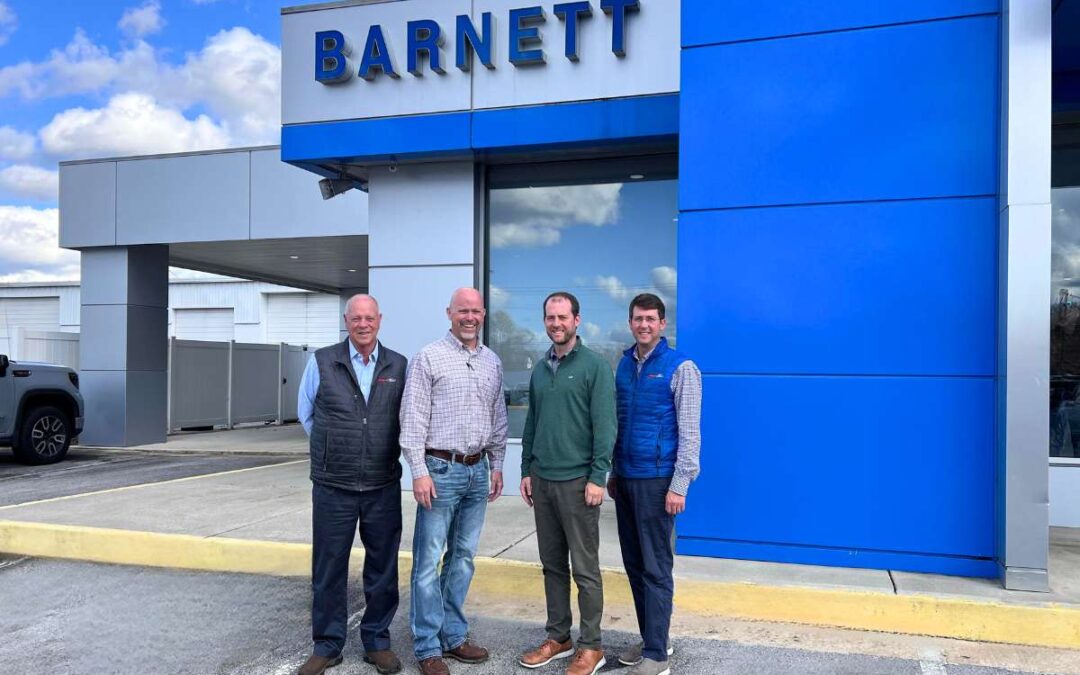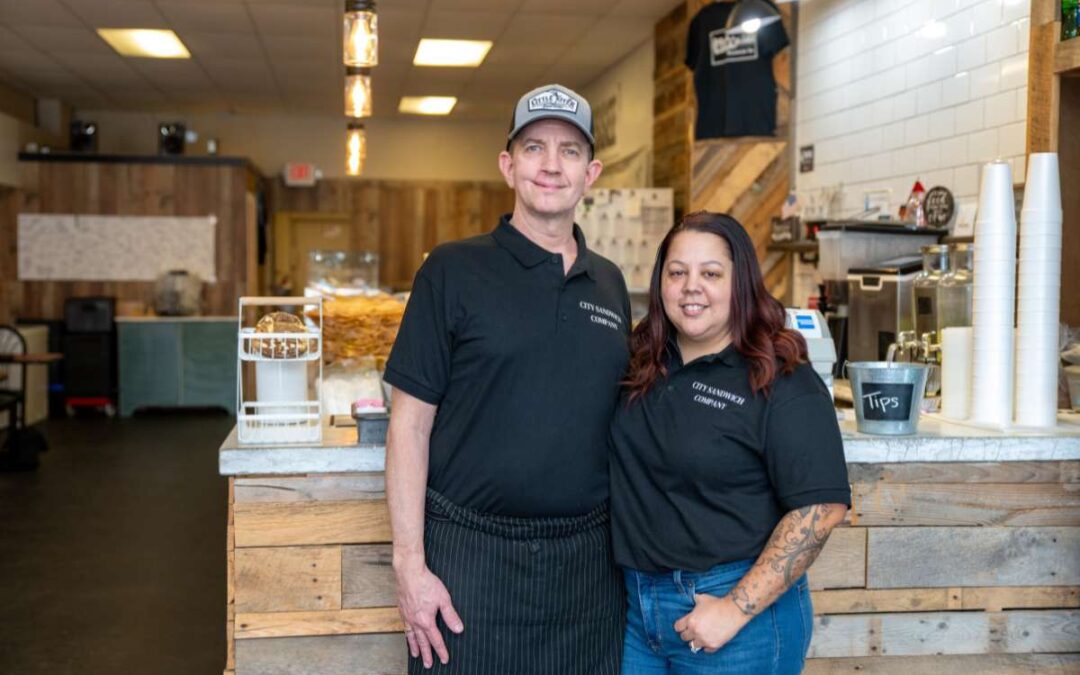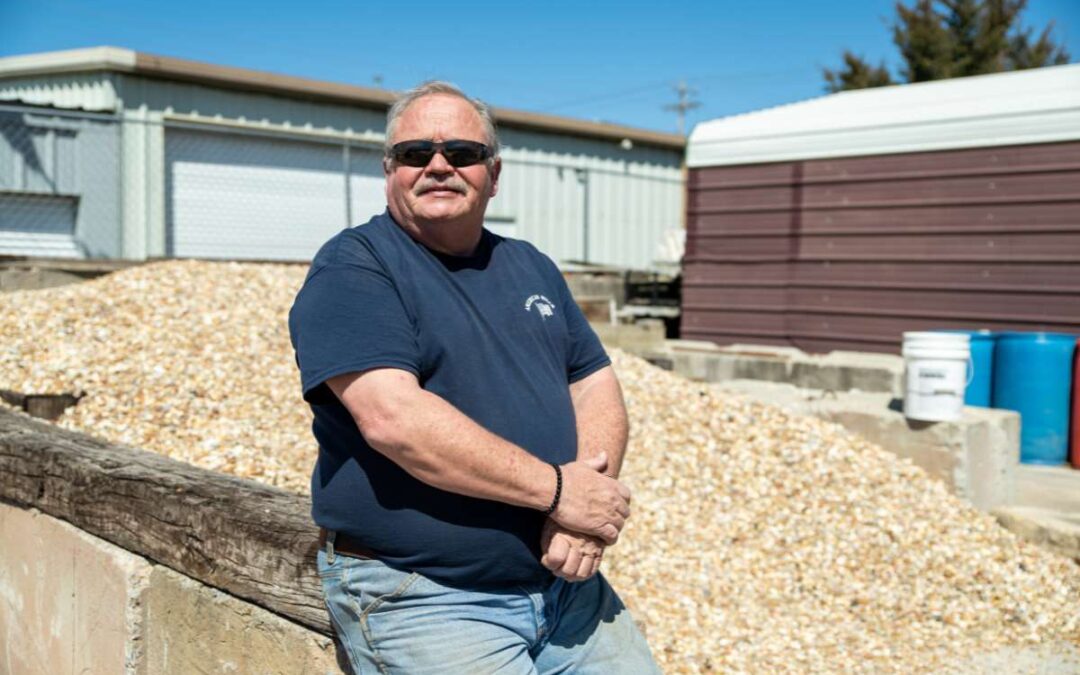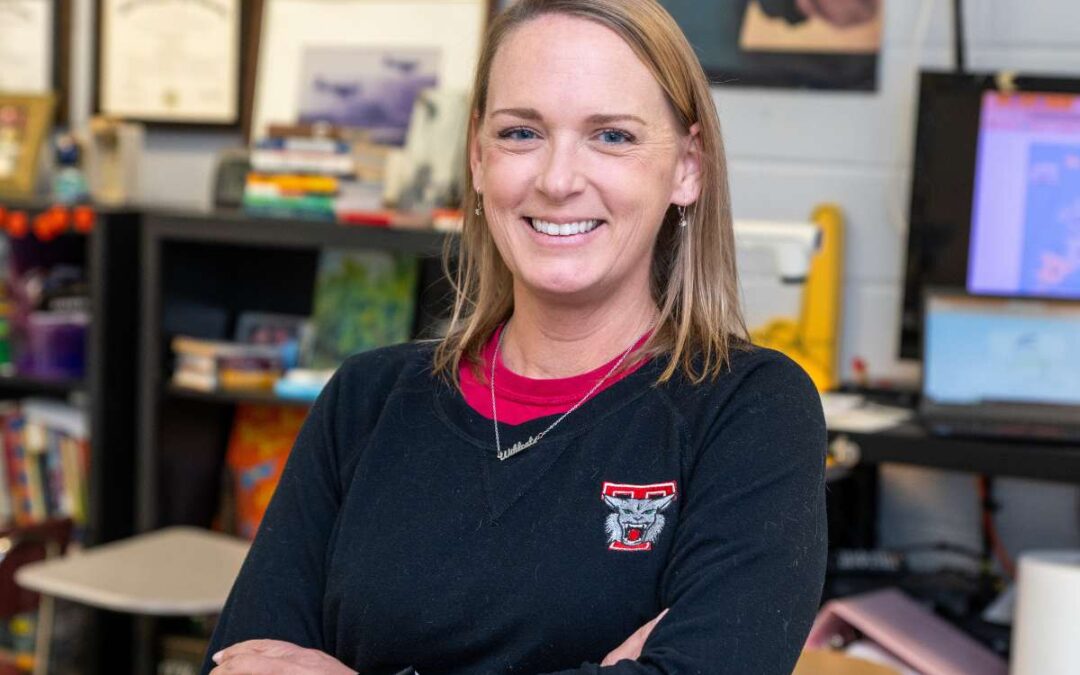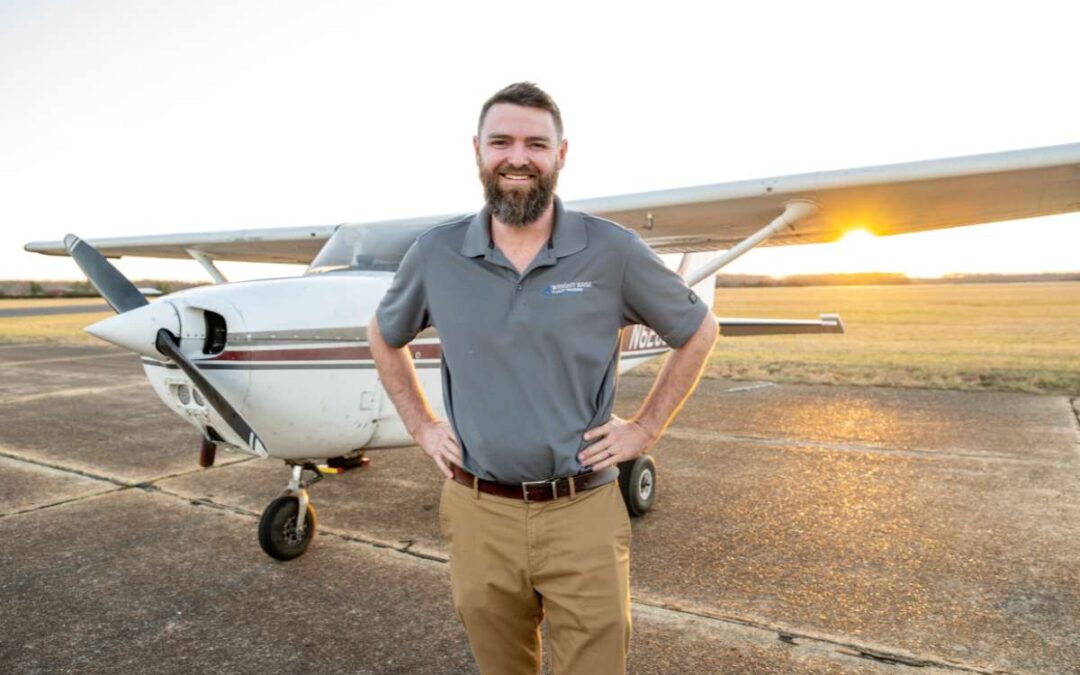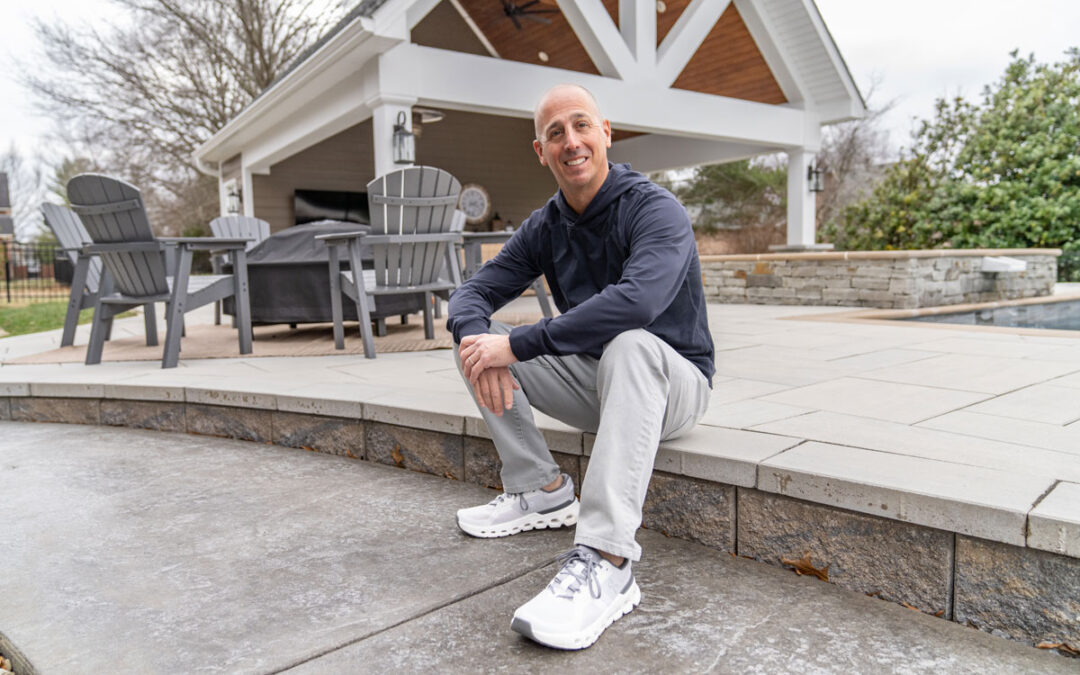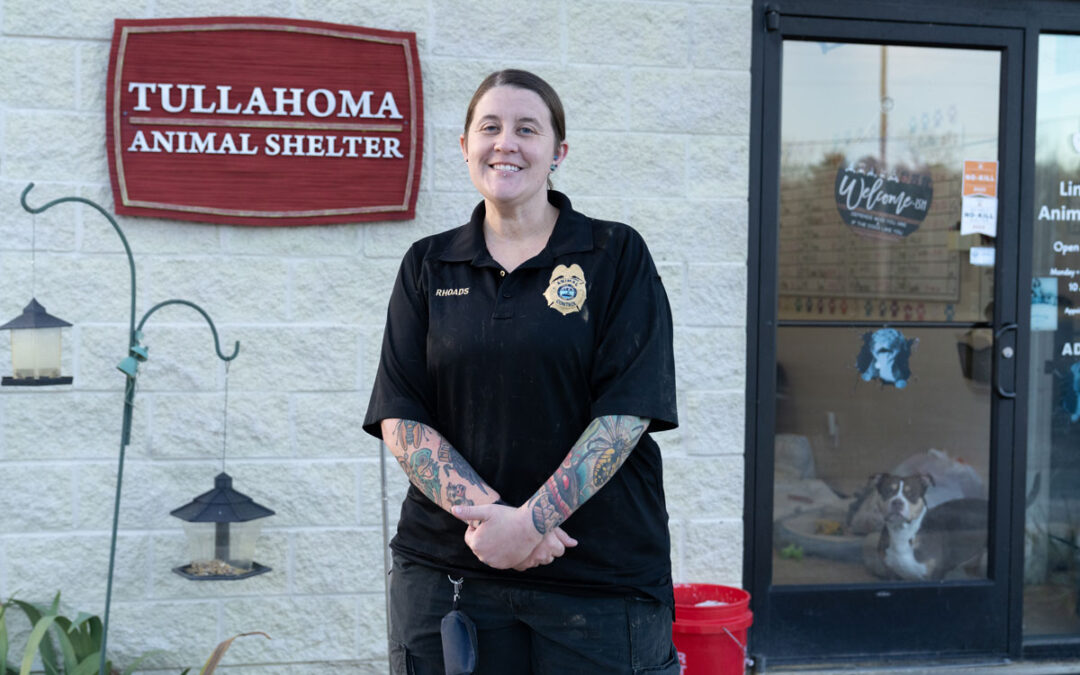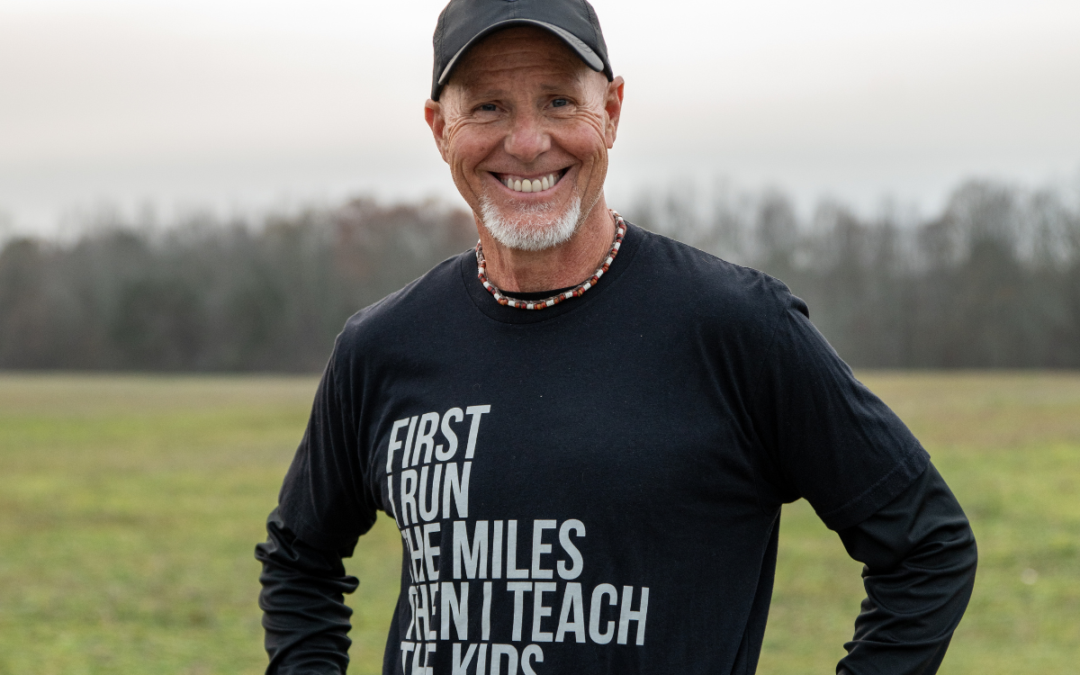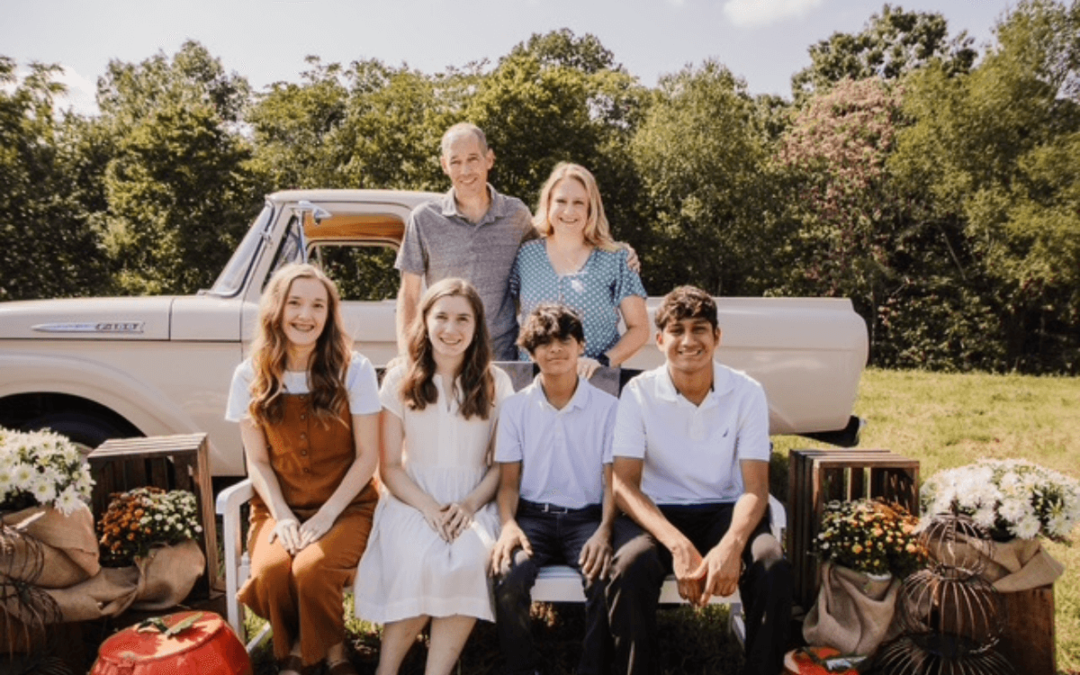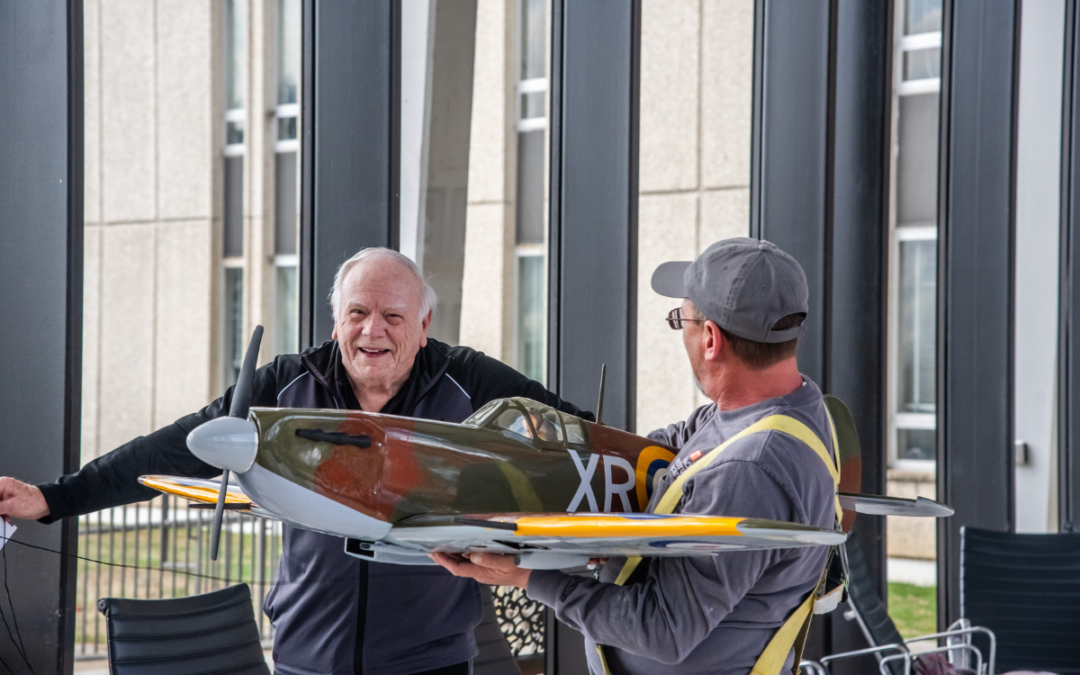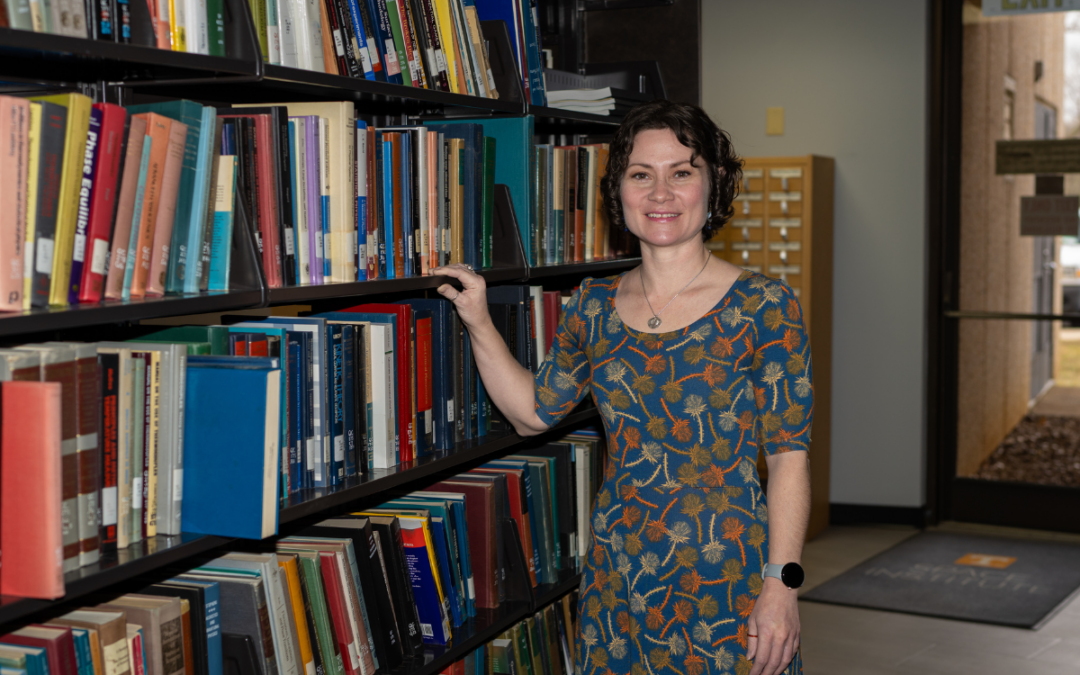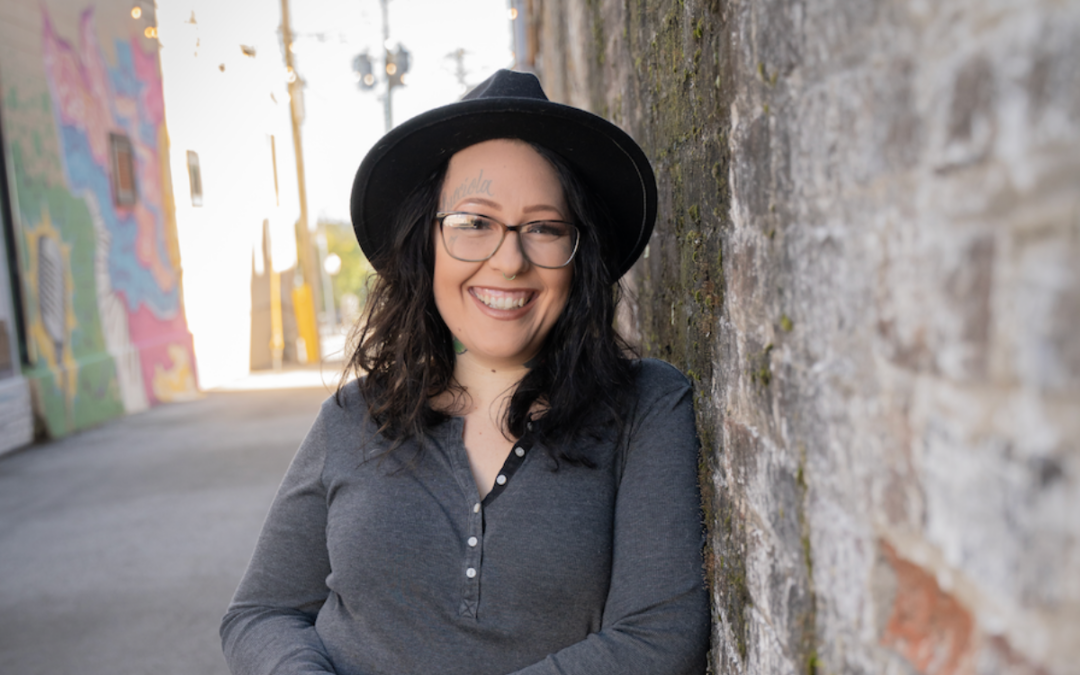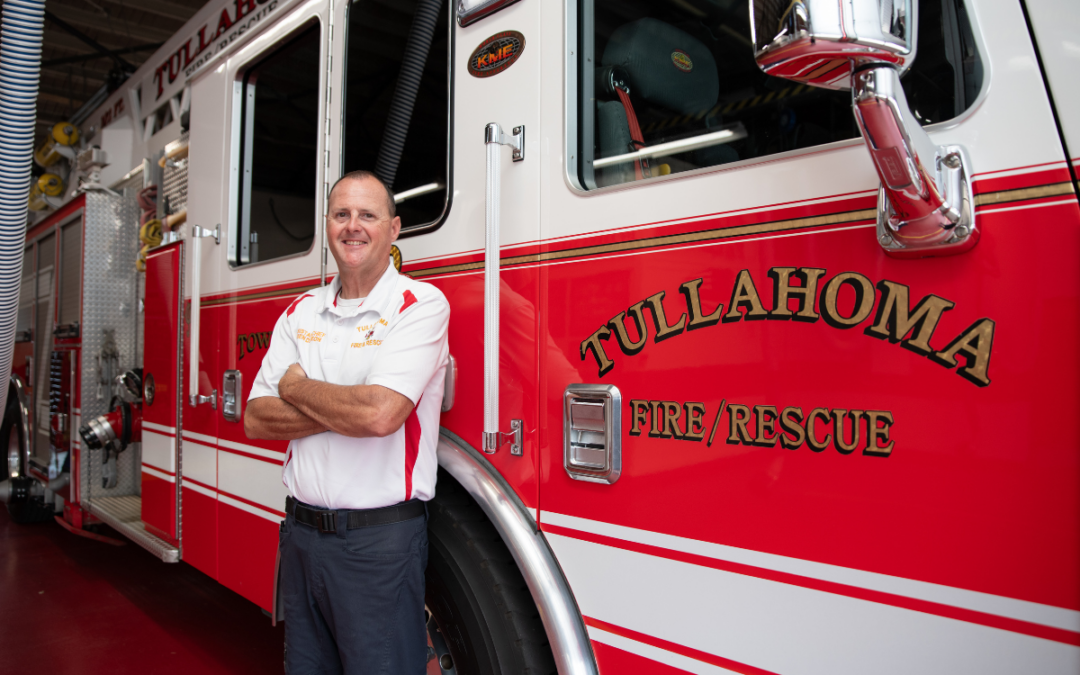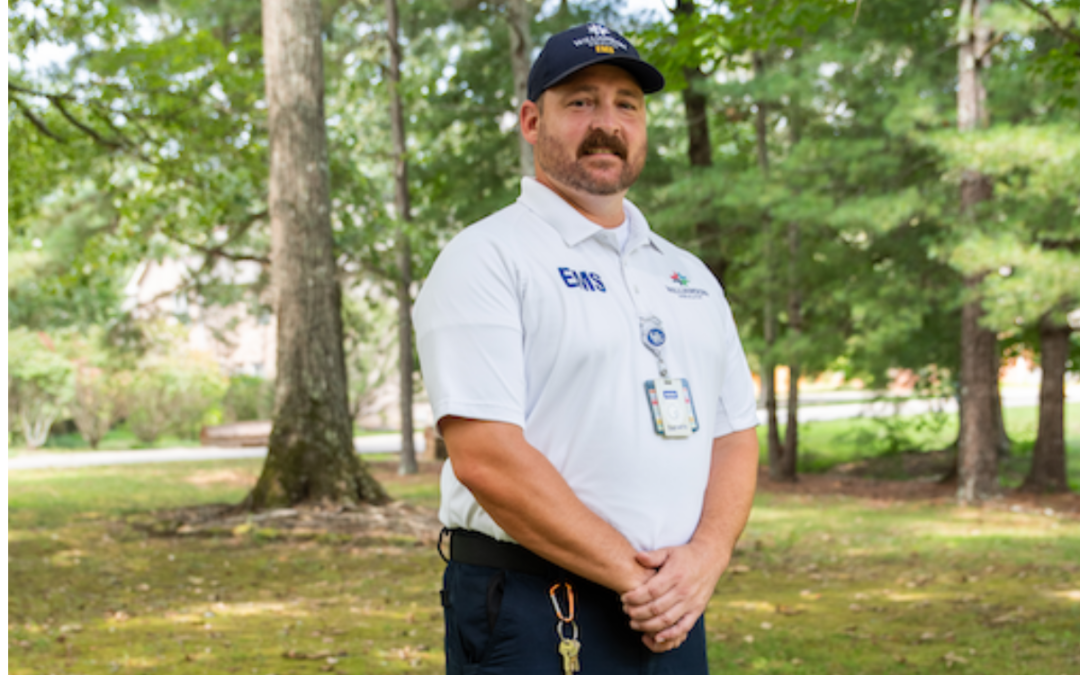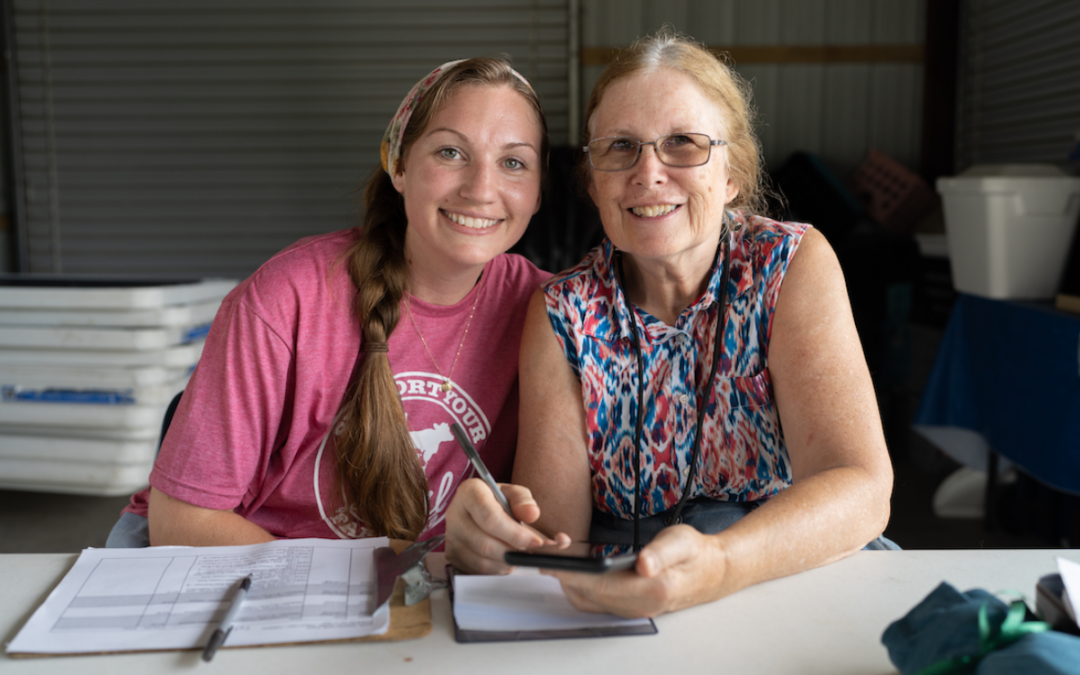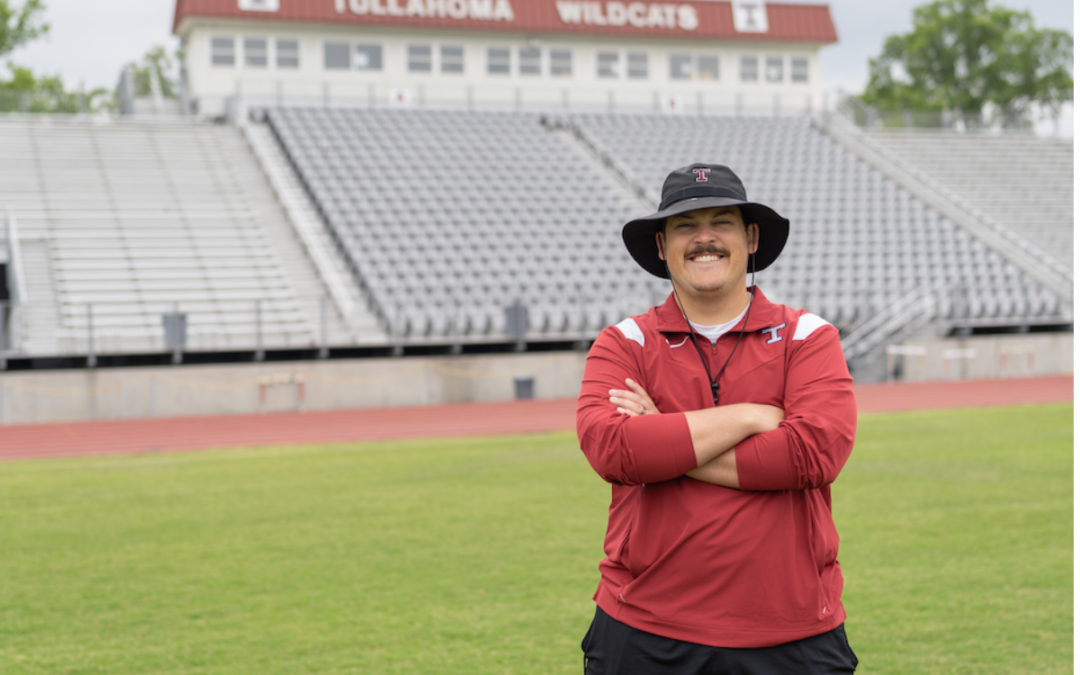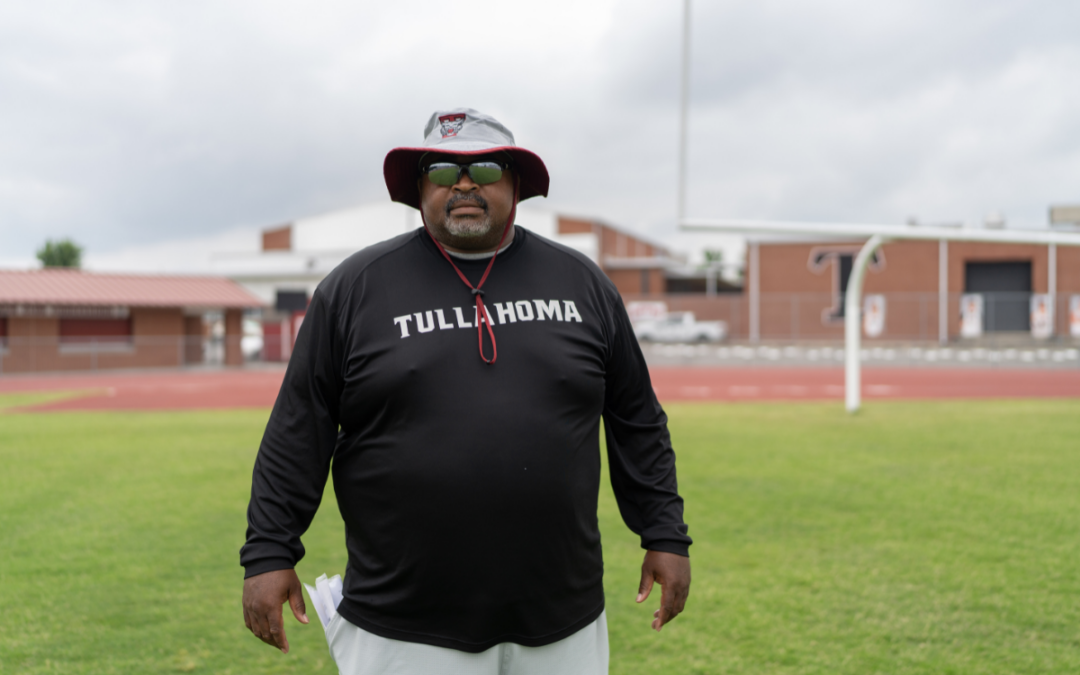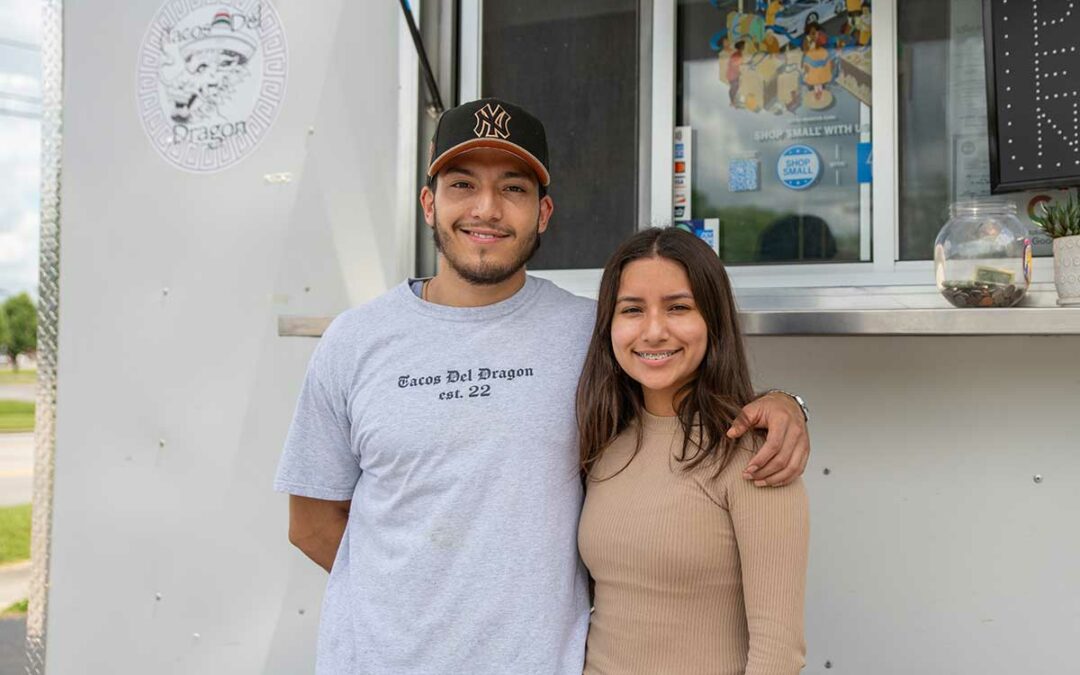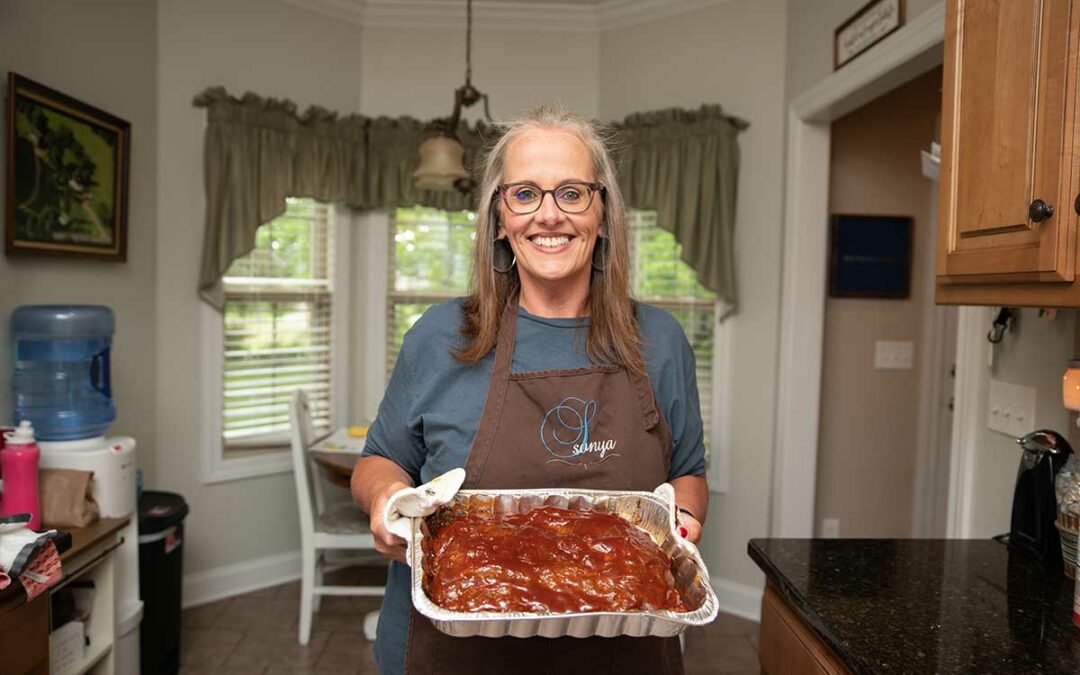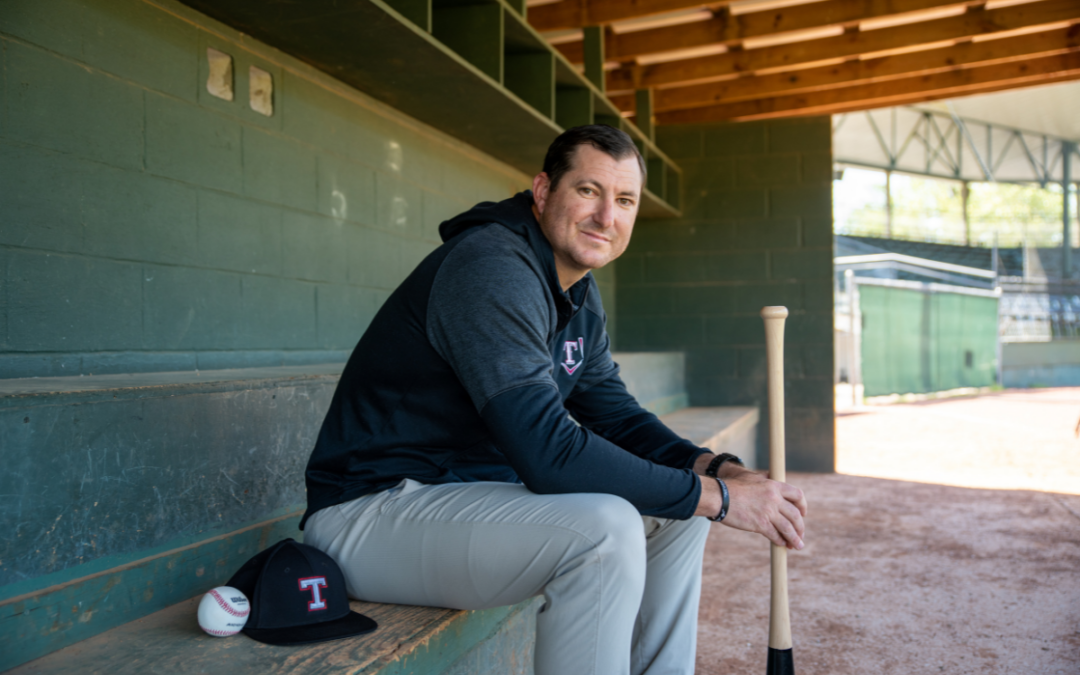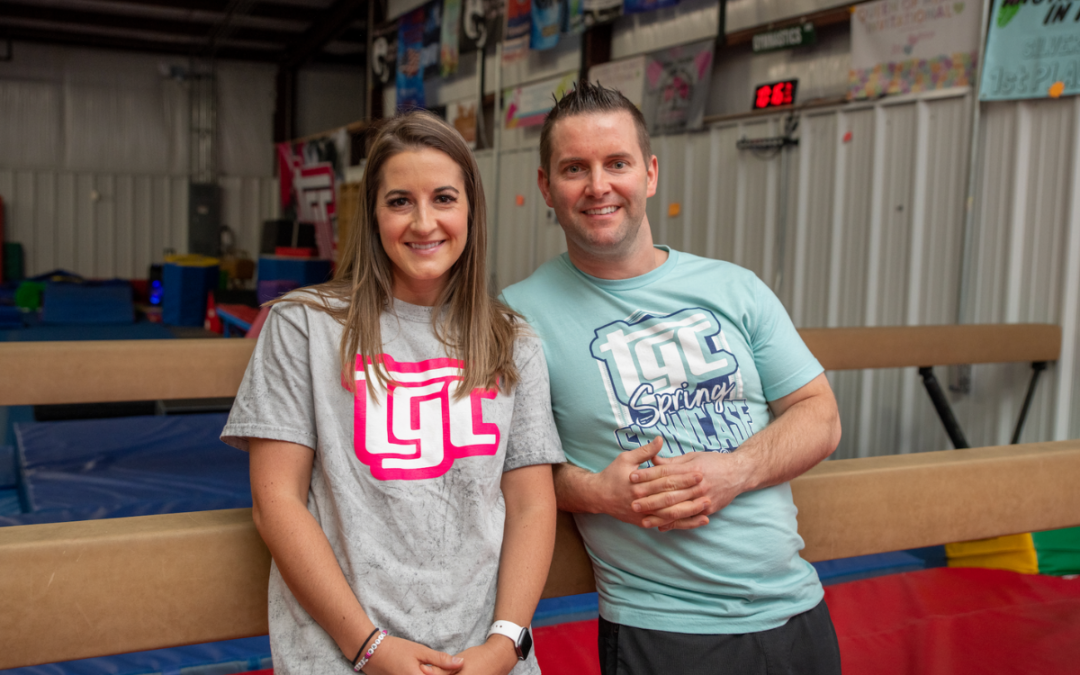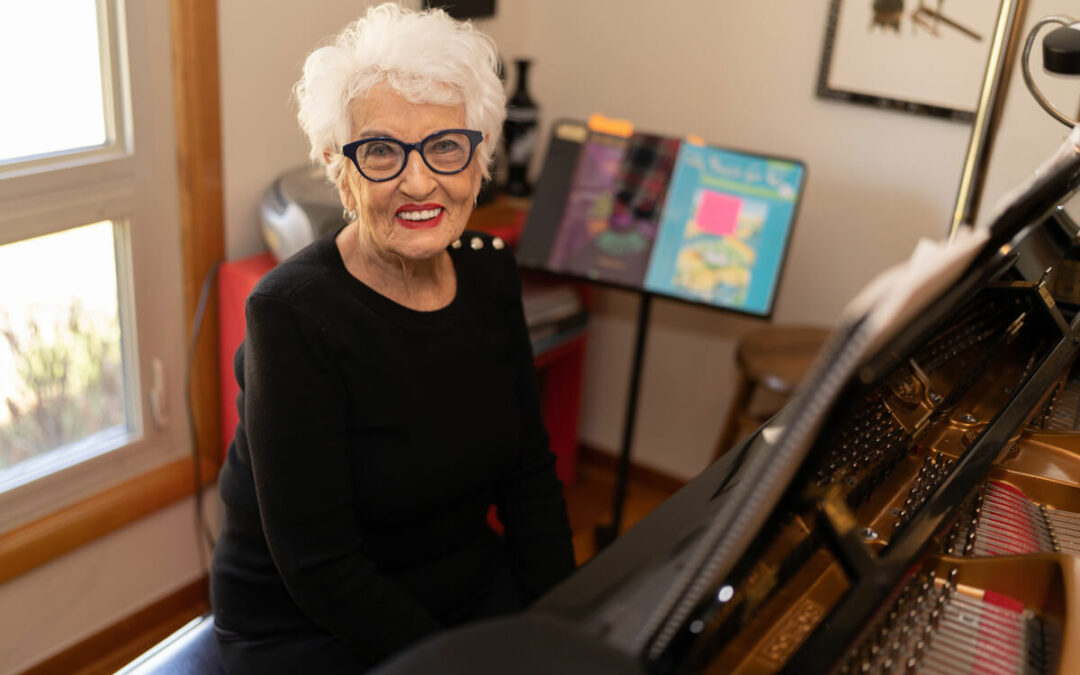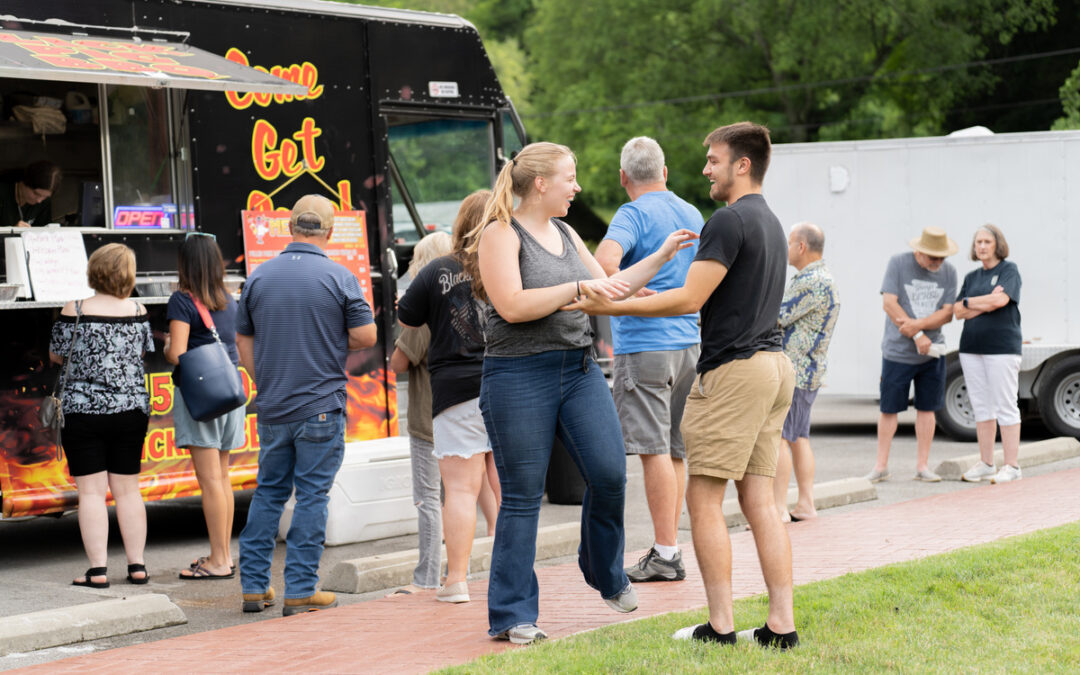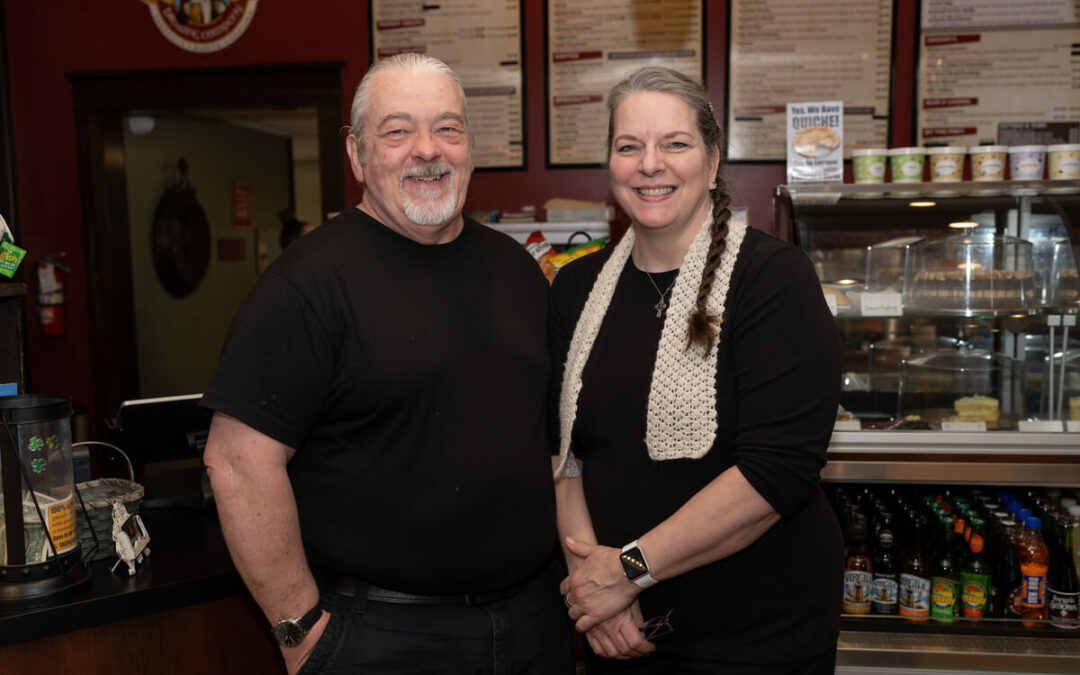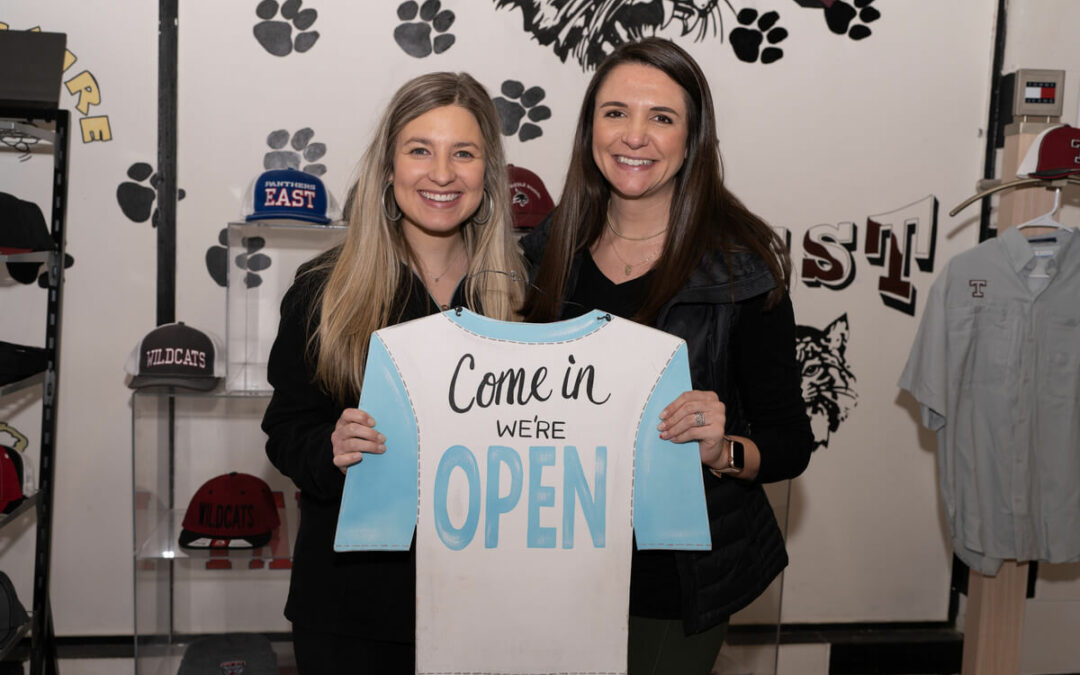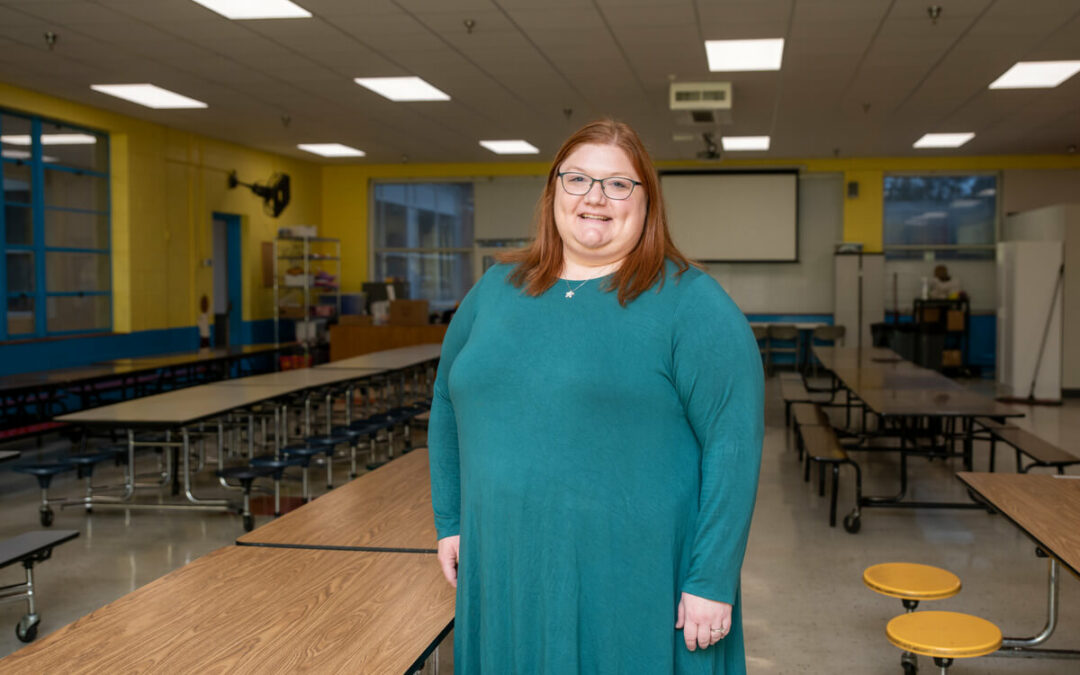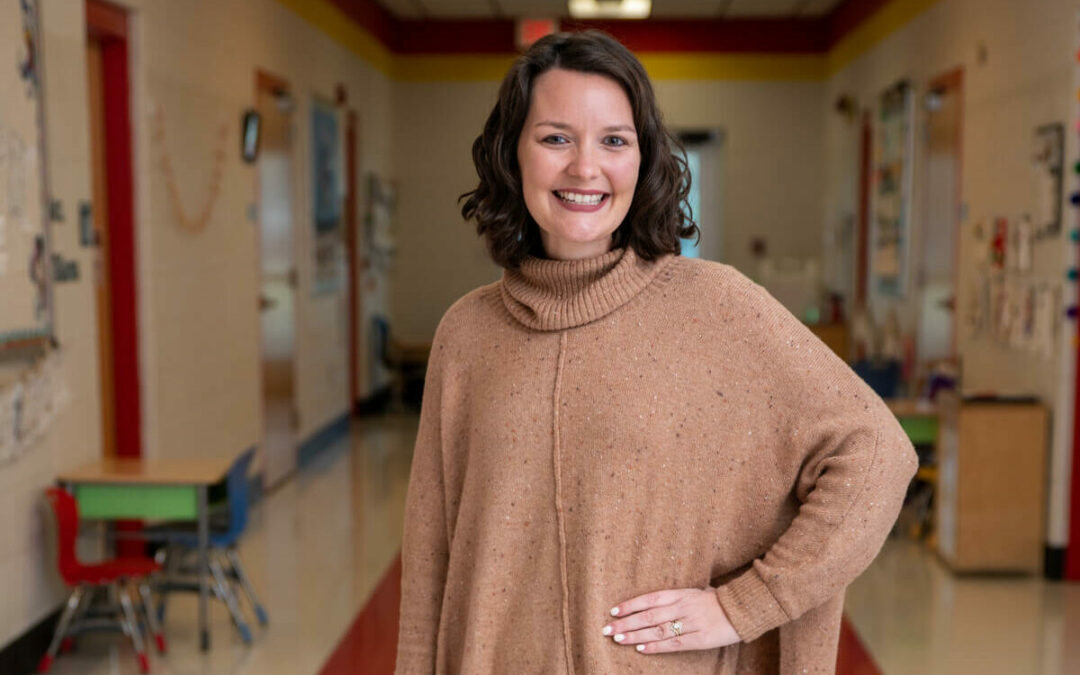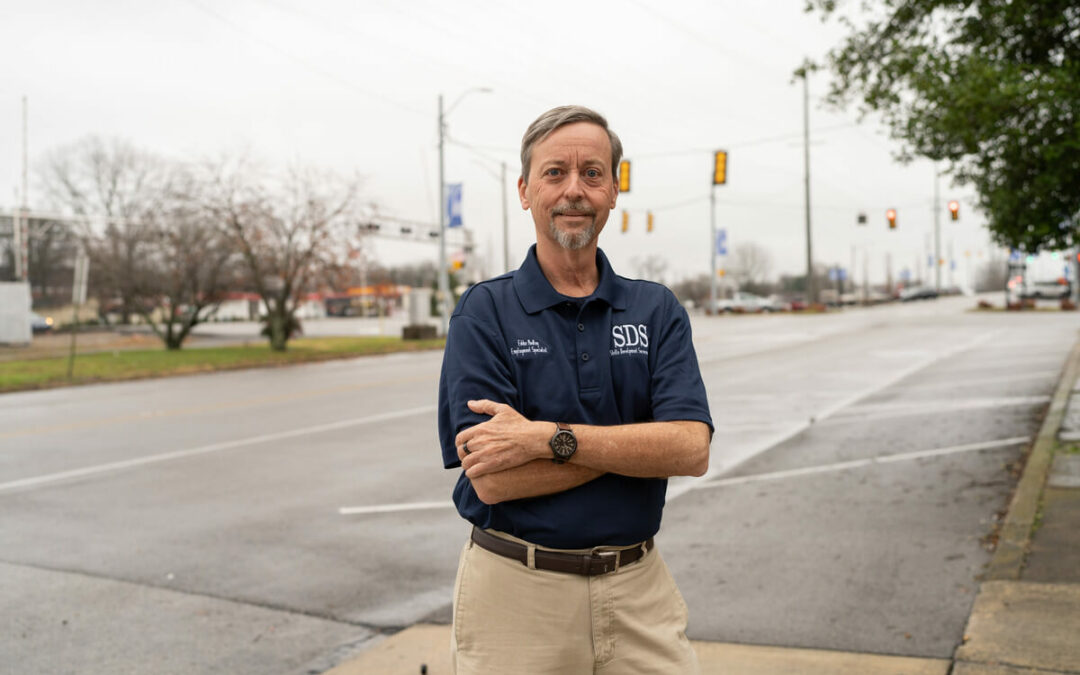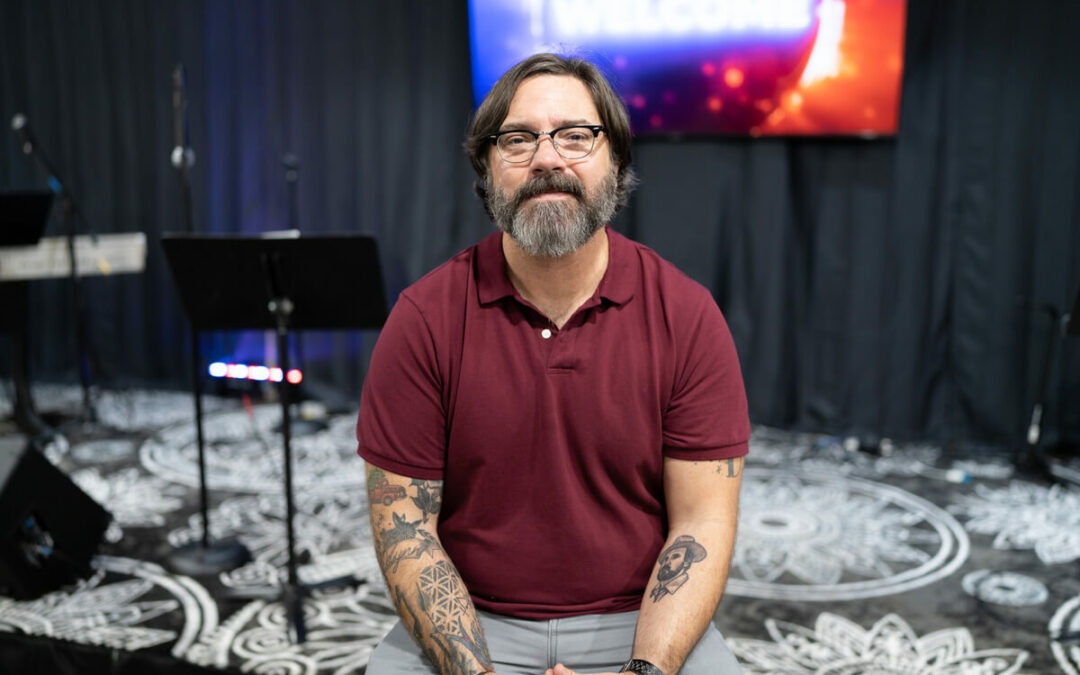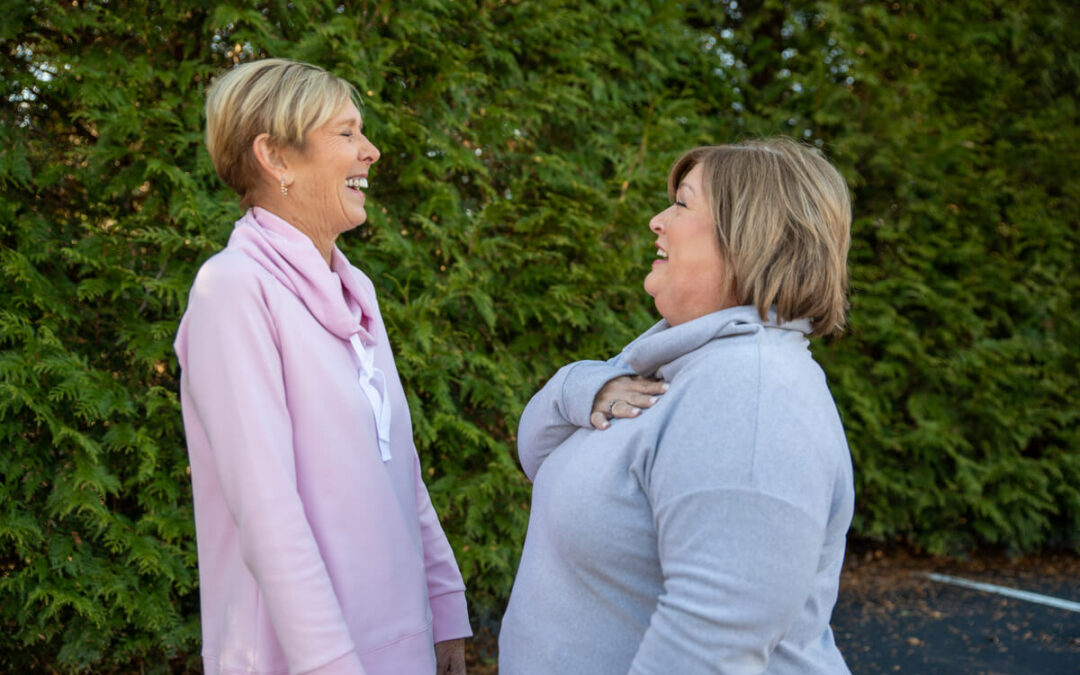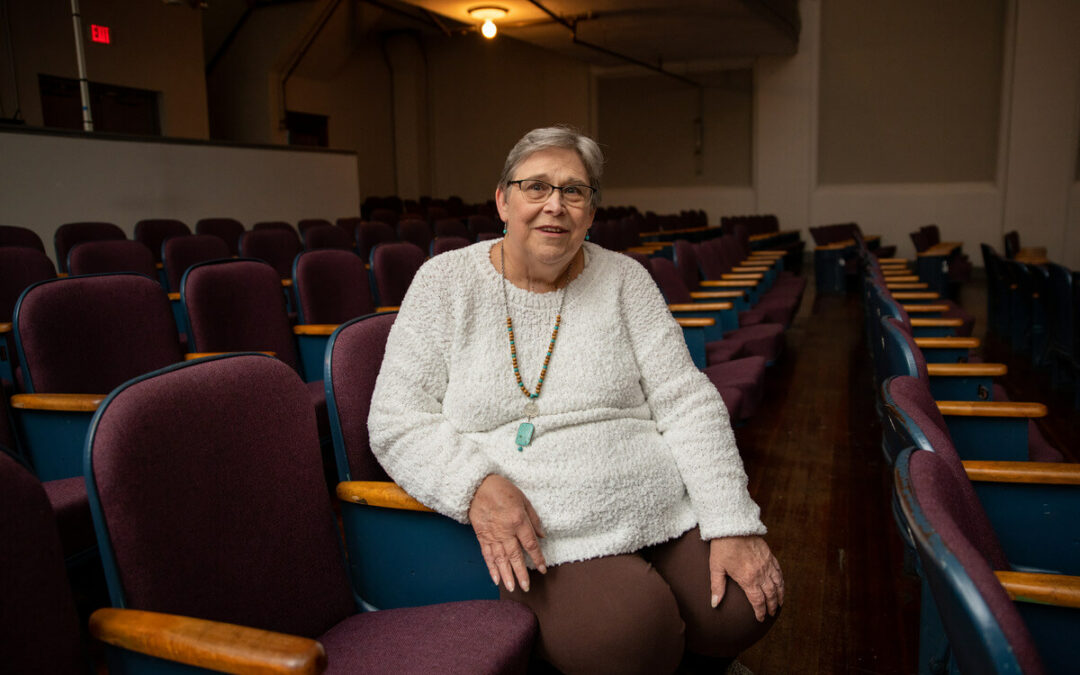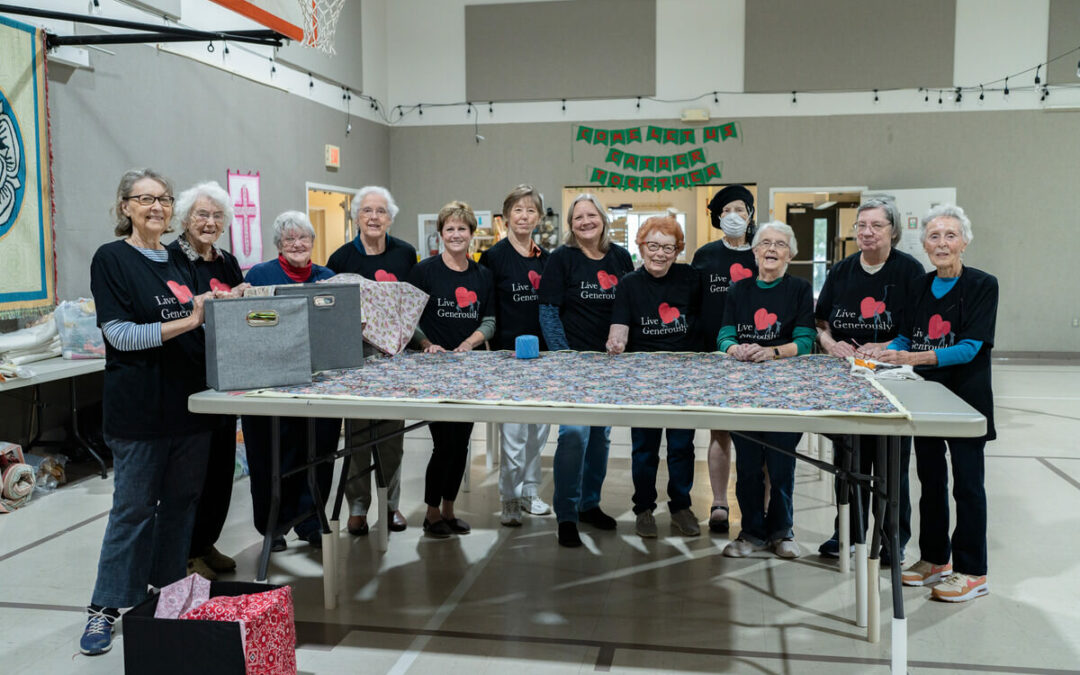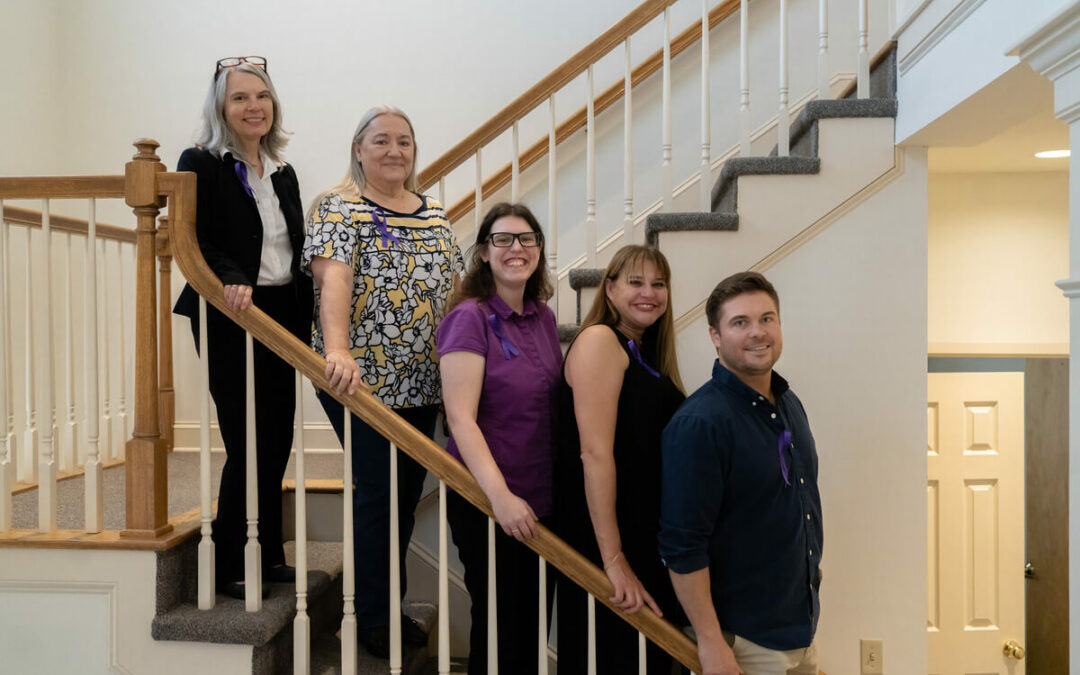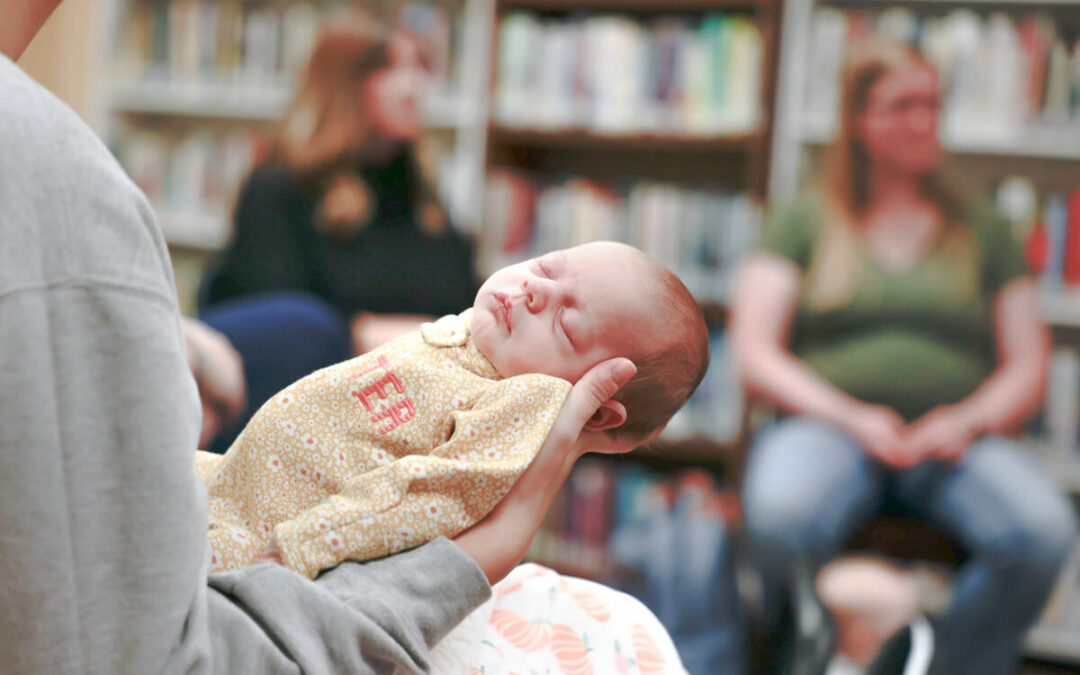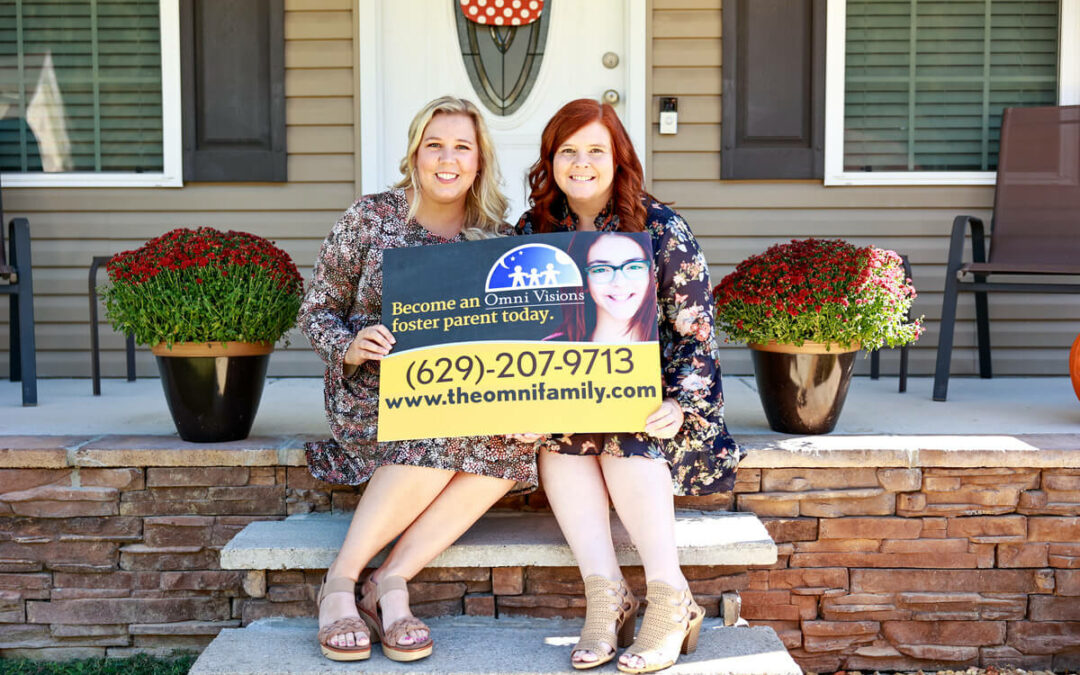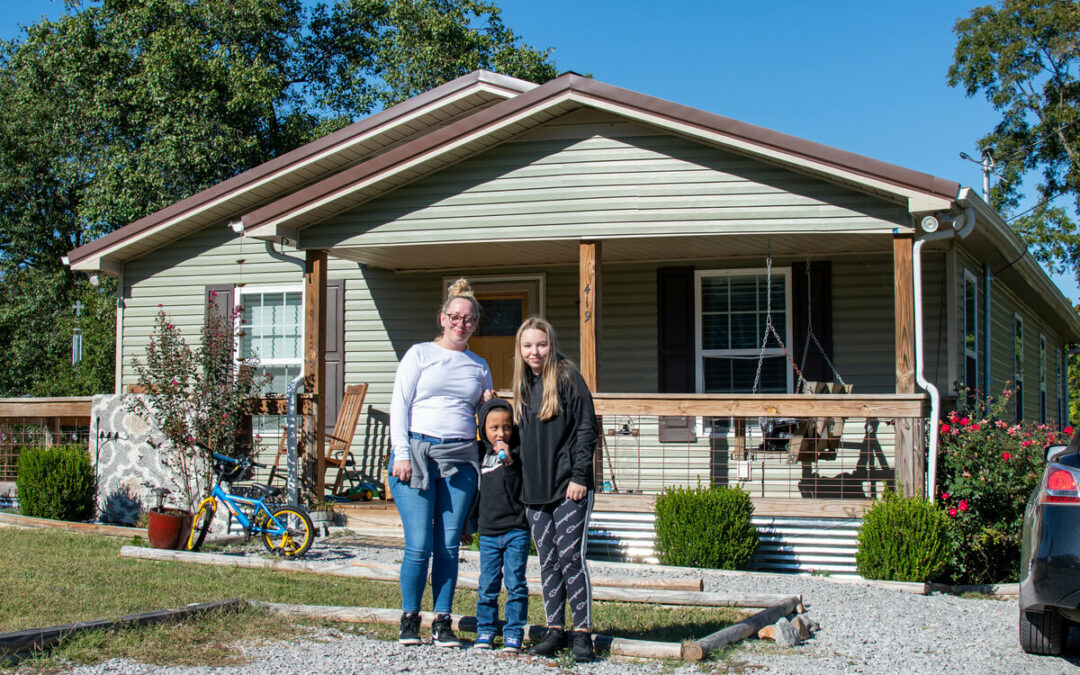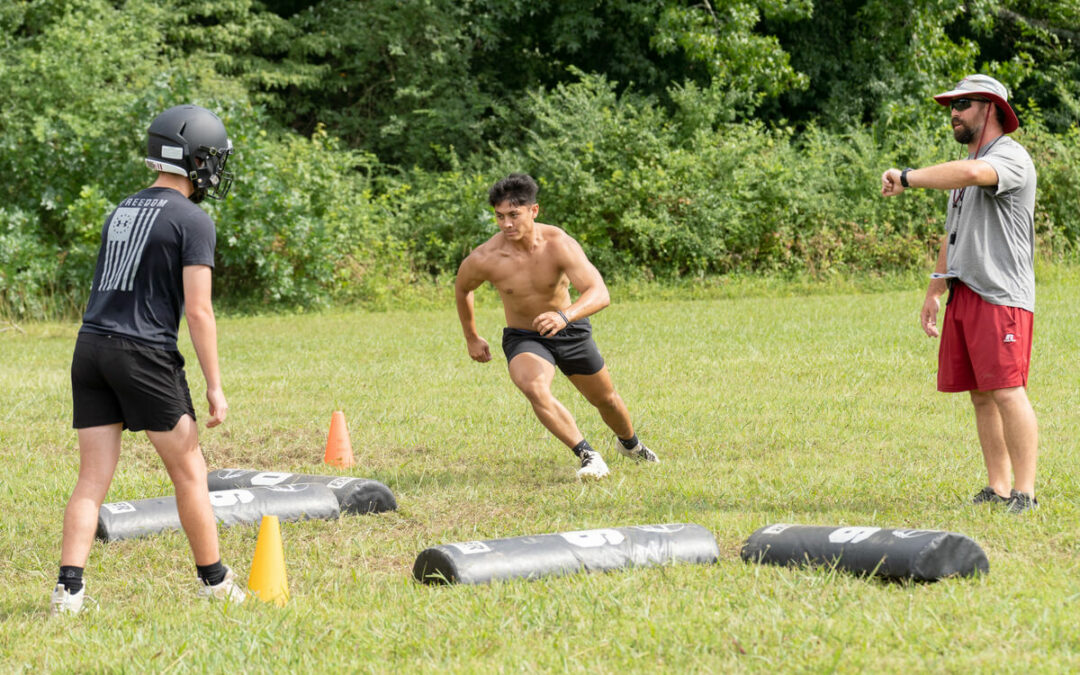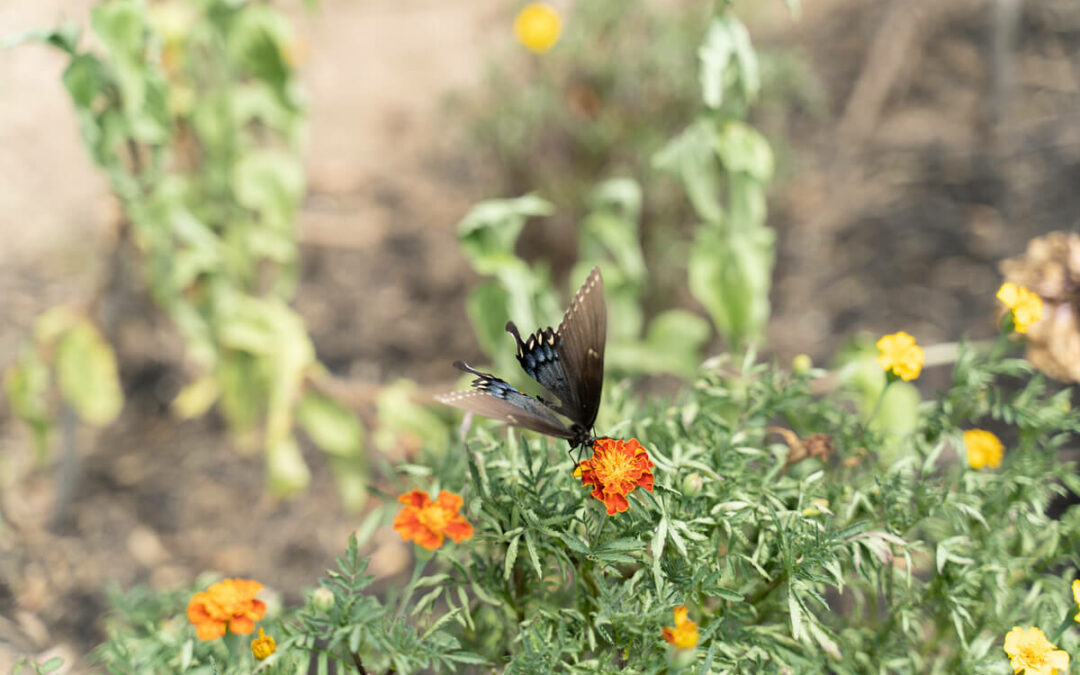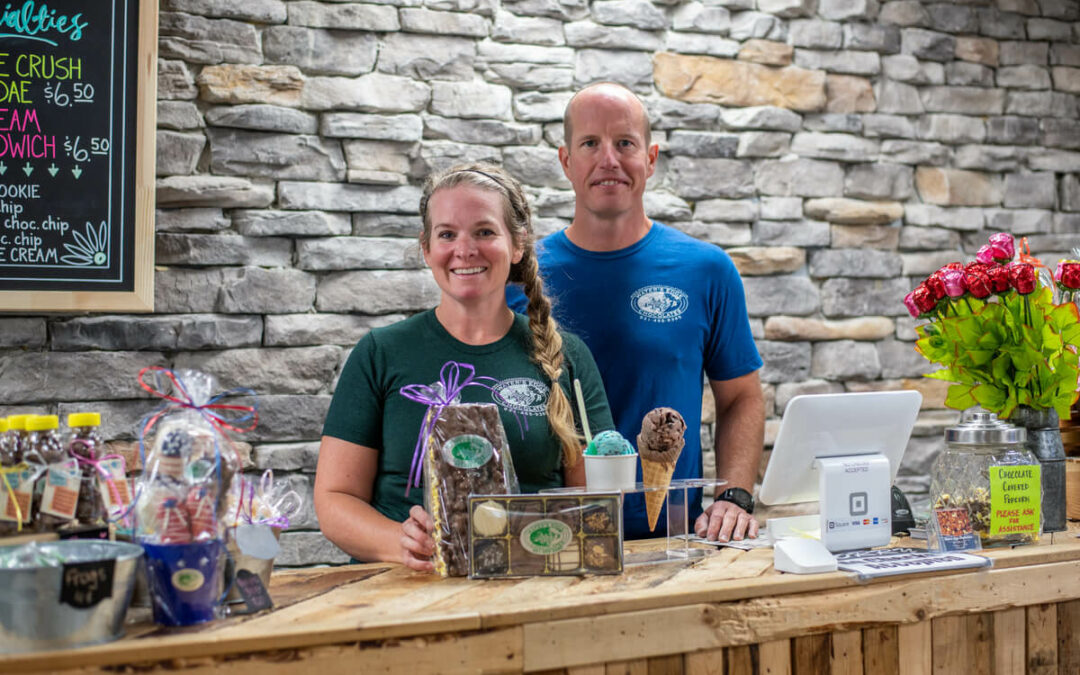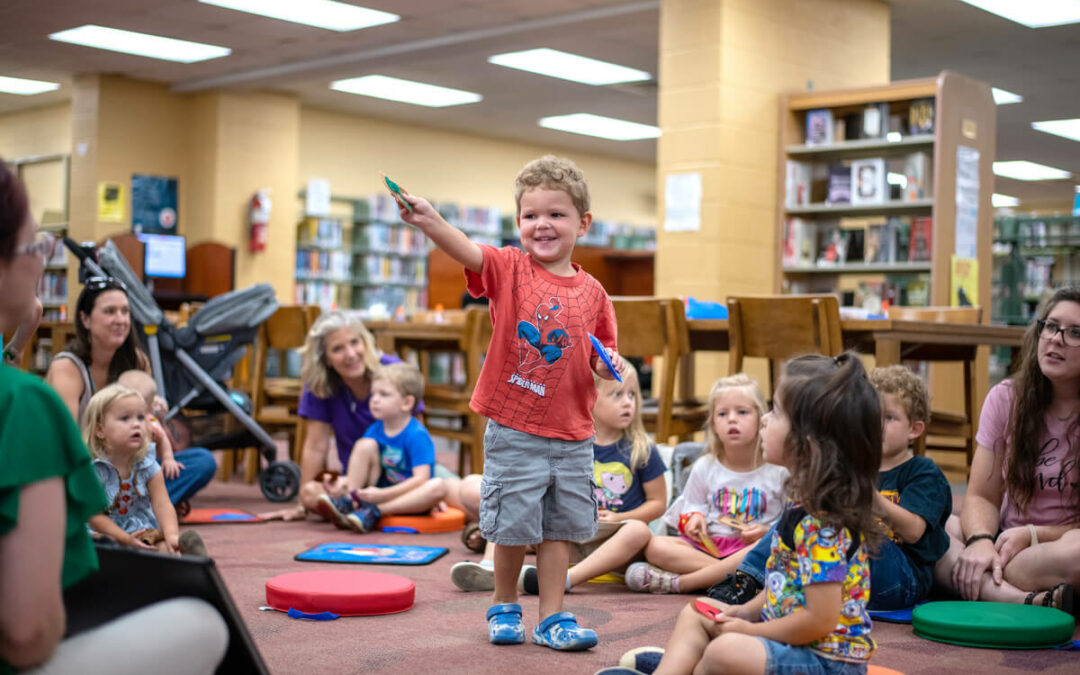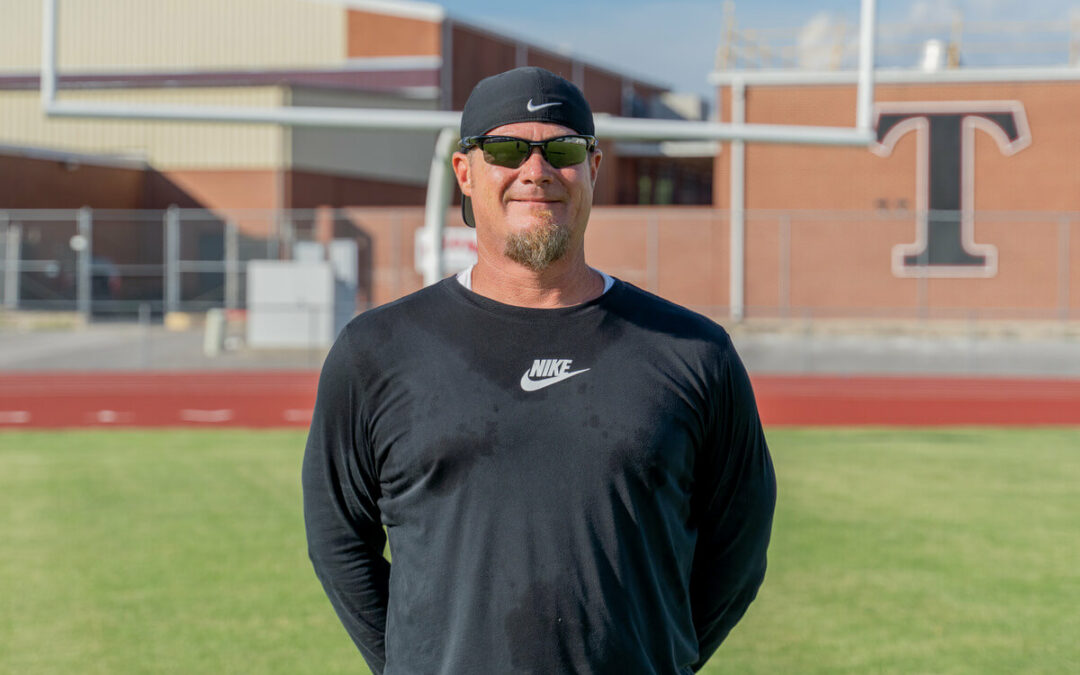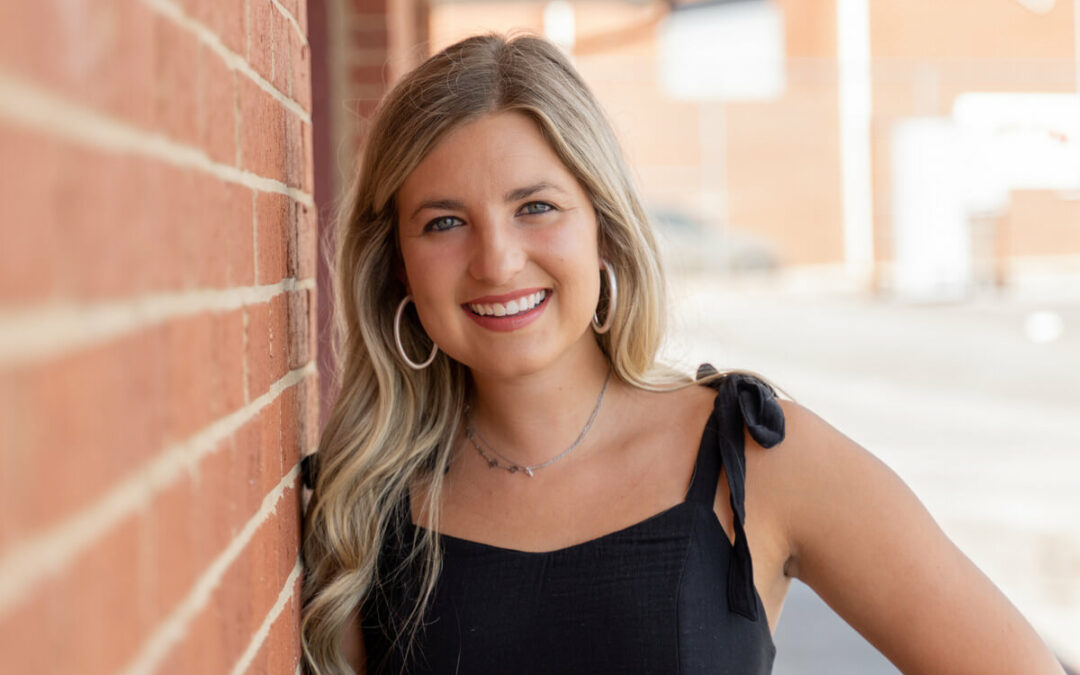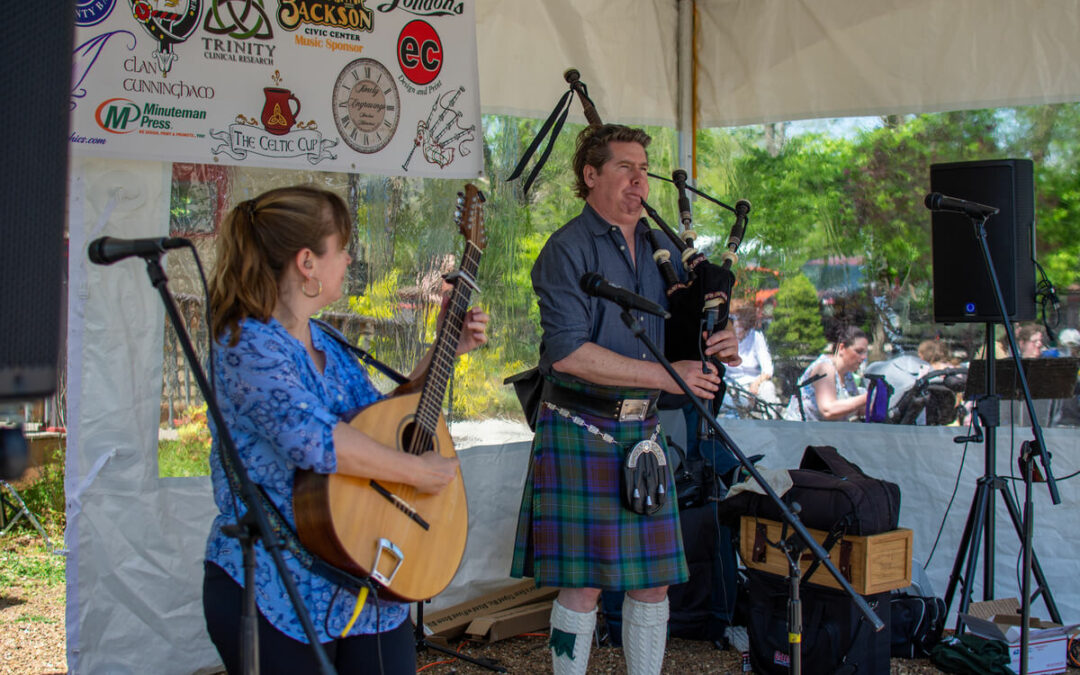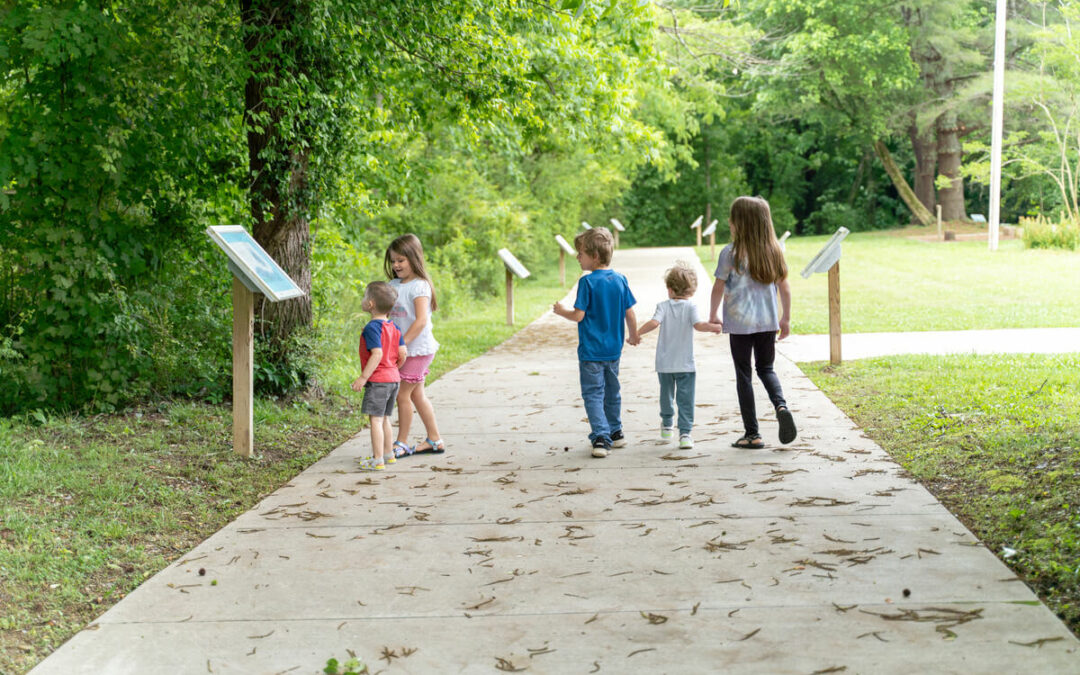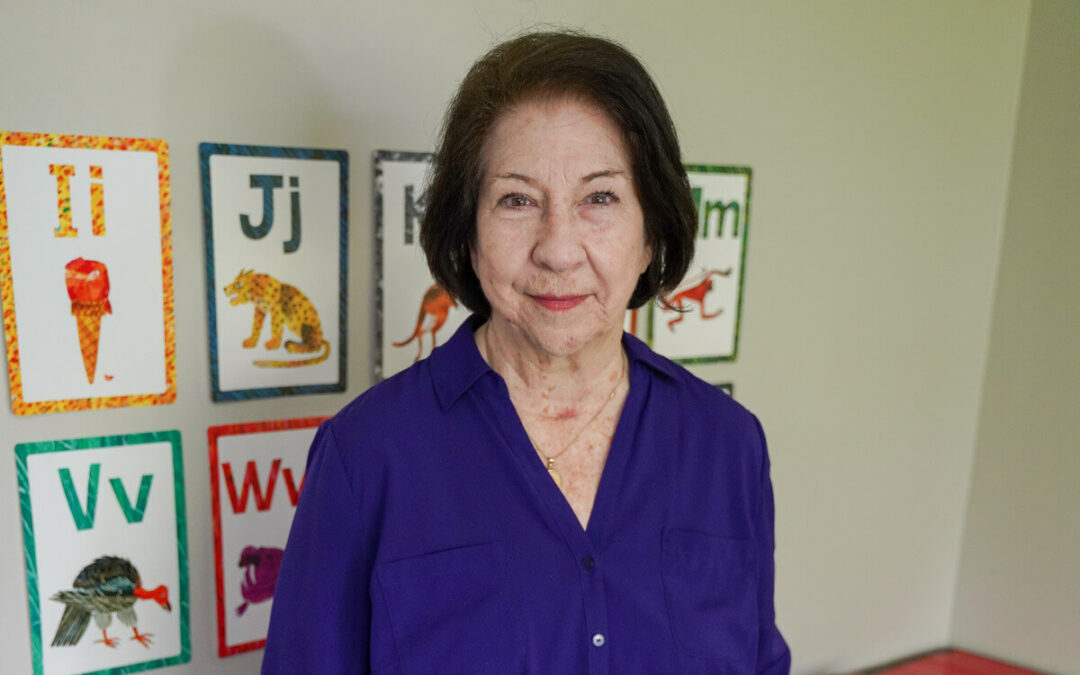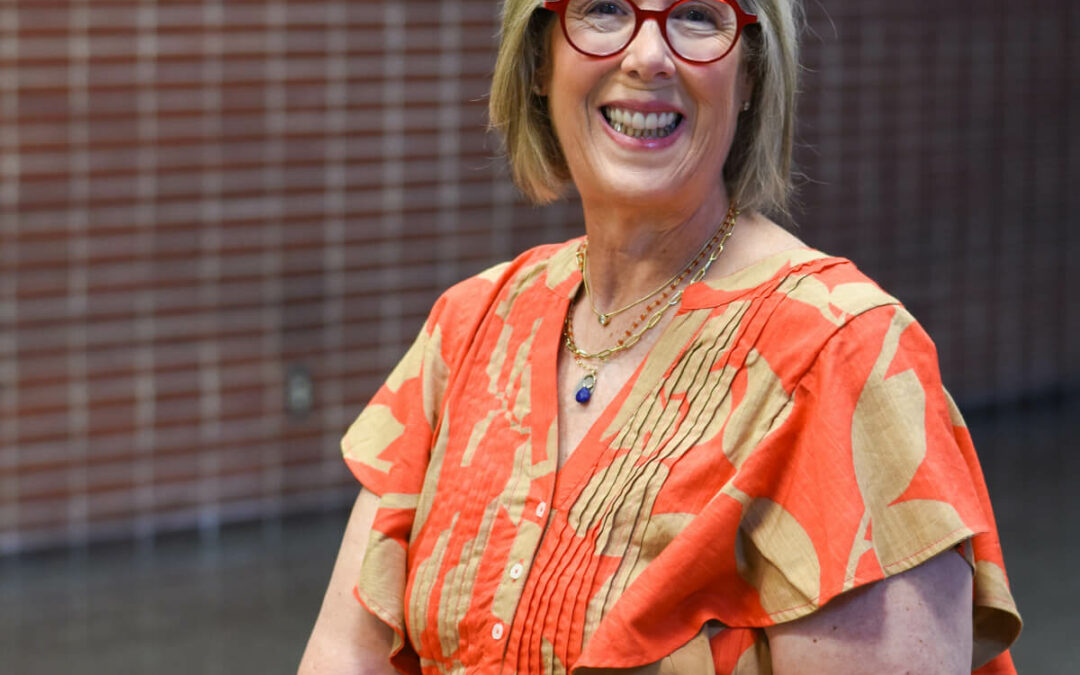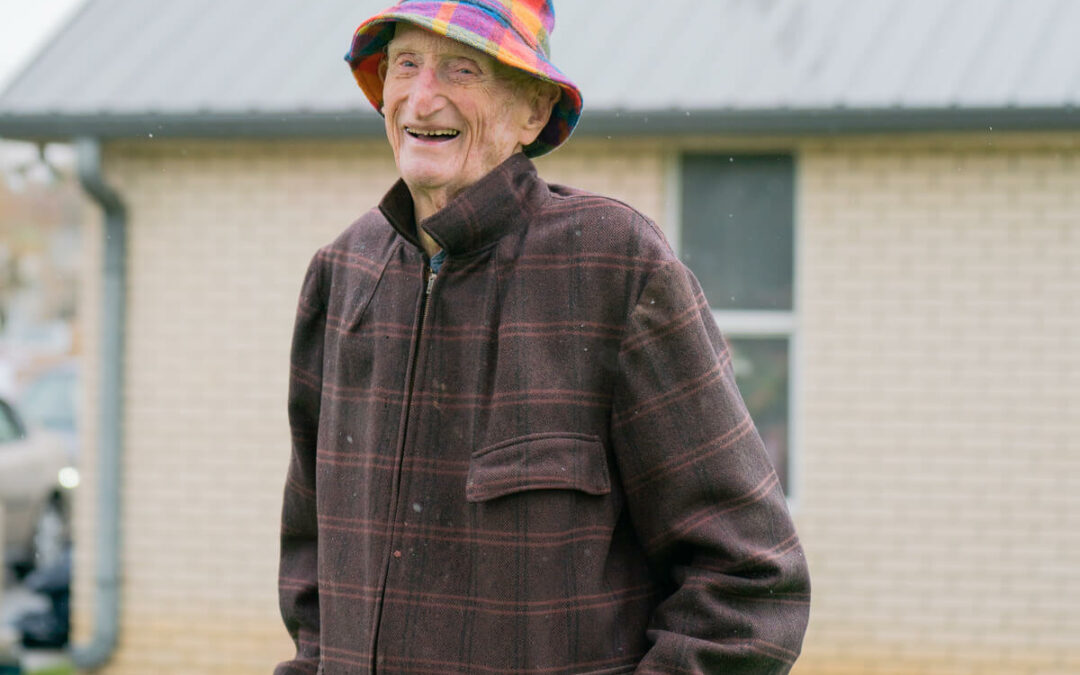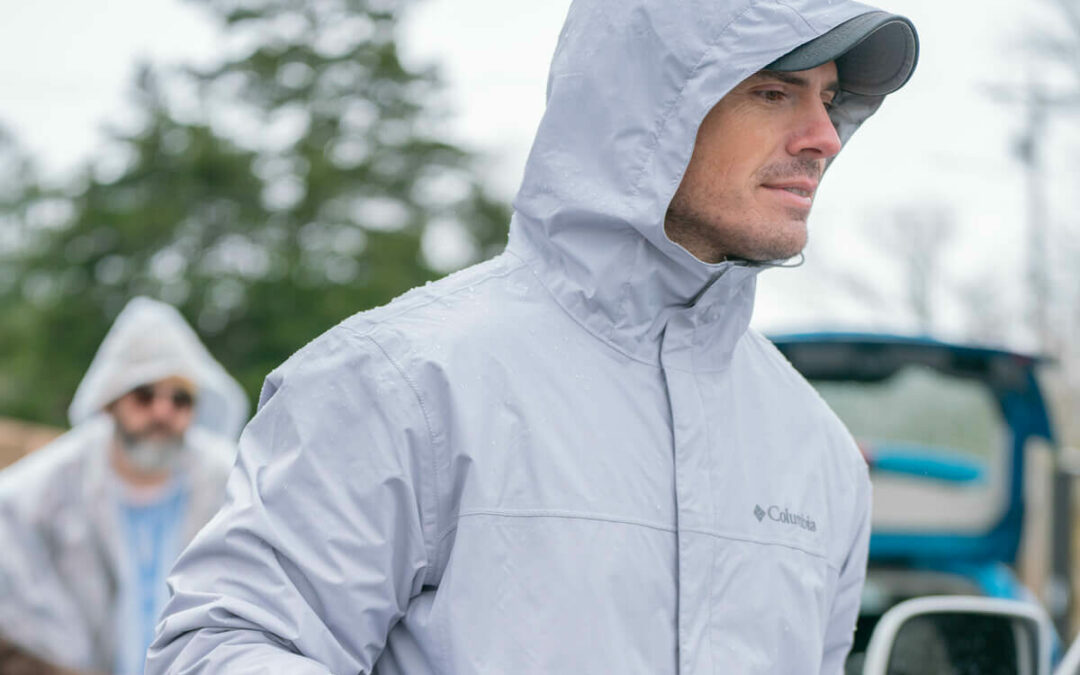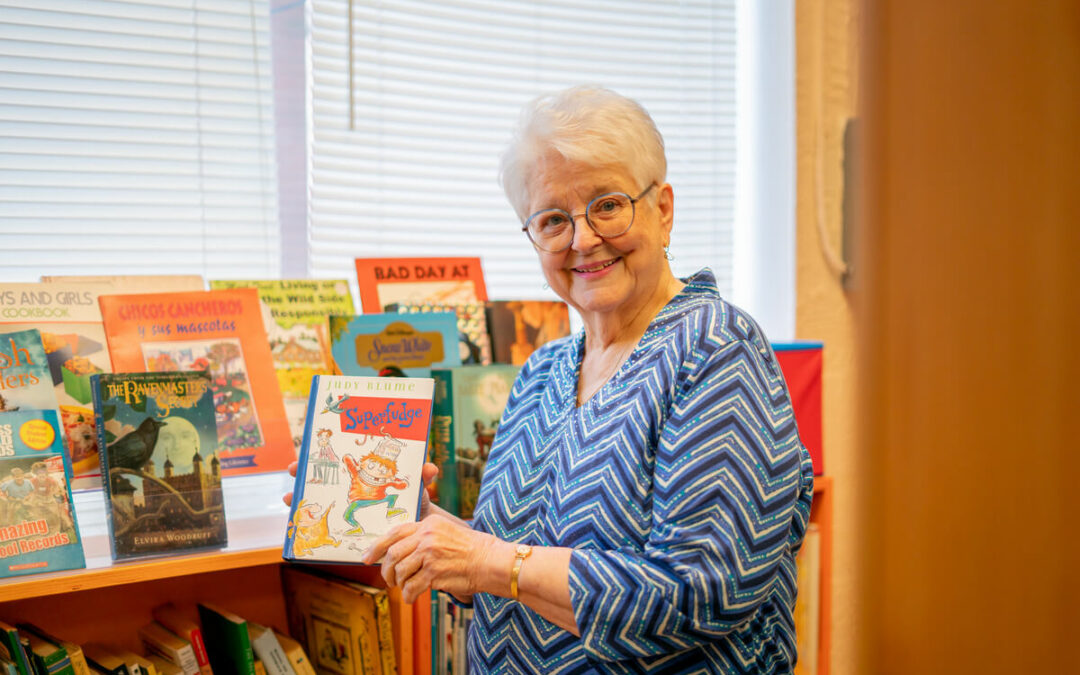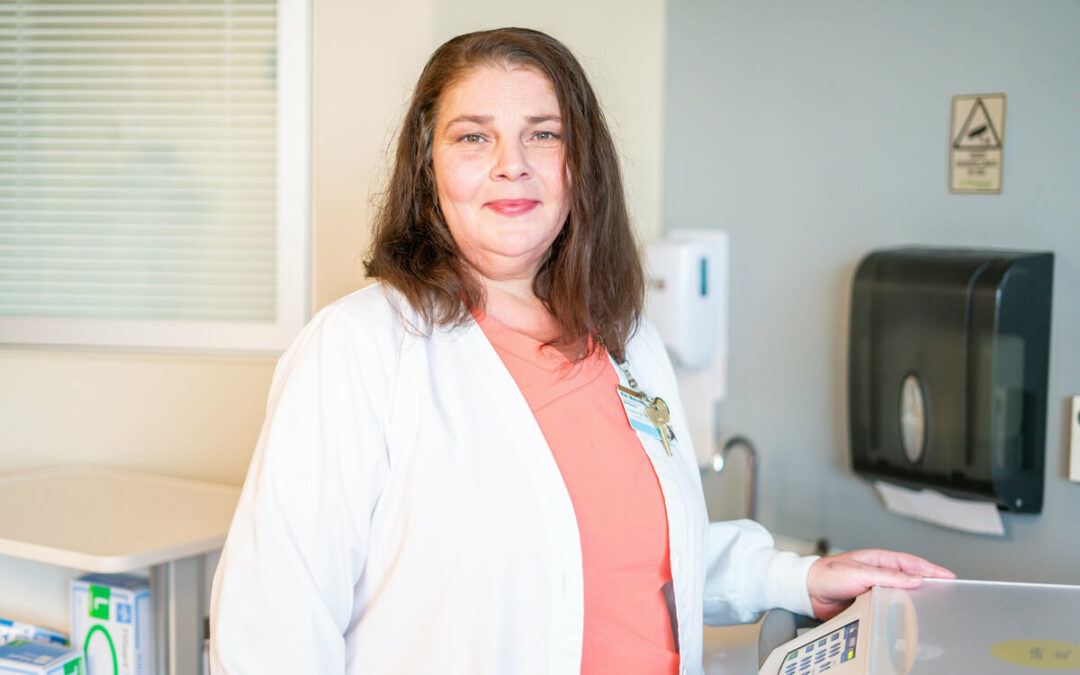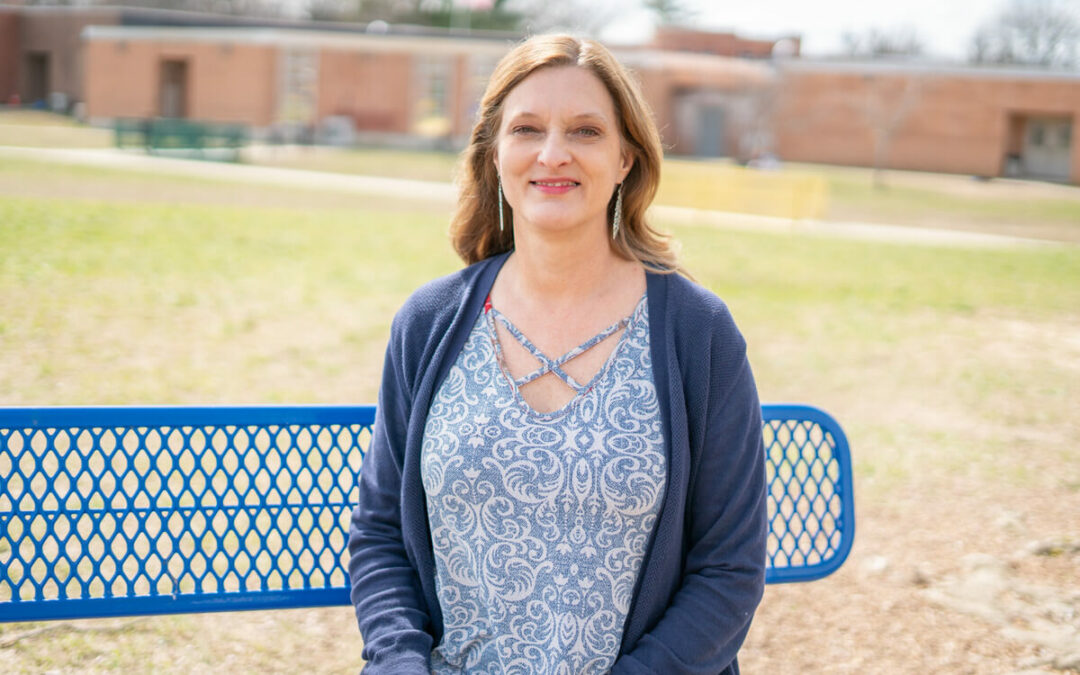Did you know not everything you read on the internet is true? (Gasp!) We were shocked too. With the world at our fingertips, it’s become more than habit to pick up a phone, navigate to a search engine, and pretend to be our own gods and experts while sifting through tidbits of information. Thus, when a complex problem or unknown circumstance arises, most of us resort to Dr. Google or Professor Bing almost immediately. Local songbird rehabilitator, LouAnn Partington, is imploring our community to do no such thing when it comes to helping injured, sick, or orphaned animals and birds.
Partington has been active in wildlife rehabilitation work for over 30 years. For the last decade, her work has been exclusive to the Middle Tennessee area working as a volunteer for Ziggy’s Tree Wildlife Rehabilitation Center. Partington shared about the abundance of misinformation on the internet. This information almost always directly contradicts how one should care for wildlife. Mishandling wildlife can potentially cause more harm, if not death. This summons the question: What should a general public member do after finding a wild bird or animal that appears to be orphaned or injured?
Then, depending upon your answer is where Ziggy’s comes into play. If you do believe you have come across wildlife in need of assistance, licensed wildlife professionals are here to help, free of charge.
Ziggy’s Tree Wildlife Rehabilitation Center was founded in 2005 by Angela Hensley. It originated due to an immediate need for wildlife care, conservation, and education within the Middle Tennessee area.

Ziggy’s currently operates out of three facilities: a mammal facility in Lascassas, an avian facility in northern Franklin County, and a reptile and amphibian facility in Murfreesboro. Each facility is run solely by volunteers. There are no paid employees on Ziggy’s staff, regardless of how full-time the work has become.
Volunteers including Hensley, Partington, and Rachel Singer work around the clock to care for and rehabilitate roughly a thousand wild animals each year. This small but mighty team provides ongoing care, seven days a week,52 weeks a year. Partington, who specializes in birds, divulged that her phone line alone rings about 25-45 times a day. While she does not see every bird called about, she, at minimum, offers guidance to each caller regarding safe and appropriate forms of care. When Partington isn’t on the phone, she does feedings for young fledglings from sun up to sun down, like a mother selflessly tending to her newborn child. When asked what keeps her going with the thankless work before her, she shared, “I love seeing others become human ambassadors for wildlife. Because if they have an experience like the reuniting [of] a wildlife family, they remember it. Even over the phone, it’s heartwarming when someone says, ‘I did what you told me to do, and I just saw the Mom or the Dad at the nest feeding the babies.’”
Ziggy’s is licensed by the Tennessee Wildlife Resources Agency and the U.S. Fish & Wildlife Service. The 501(c)3 nonprofit is also a member of the National Wildlife Rehabilitators Association and the International Wildlife Rehabilitation Council. They receive no government funding and operate entirely from private donations. If you would like to support the mission, head to ziggystree.org/ support-us for information on the many ways you can give. All donations are tax-deductible. GN


